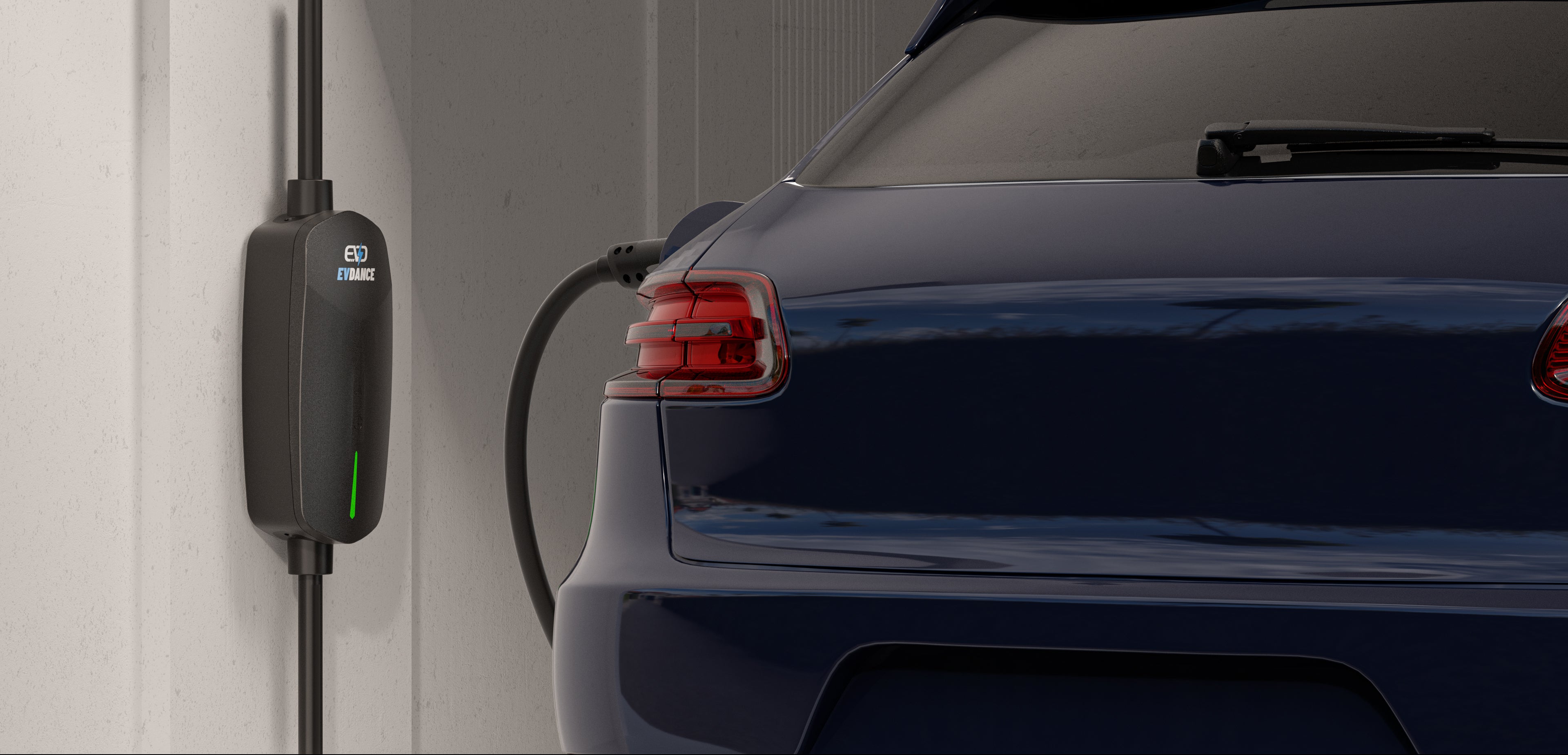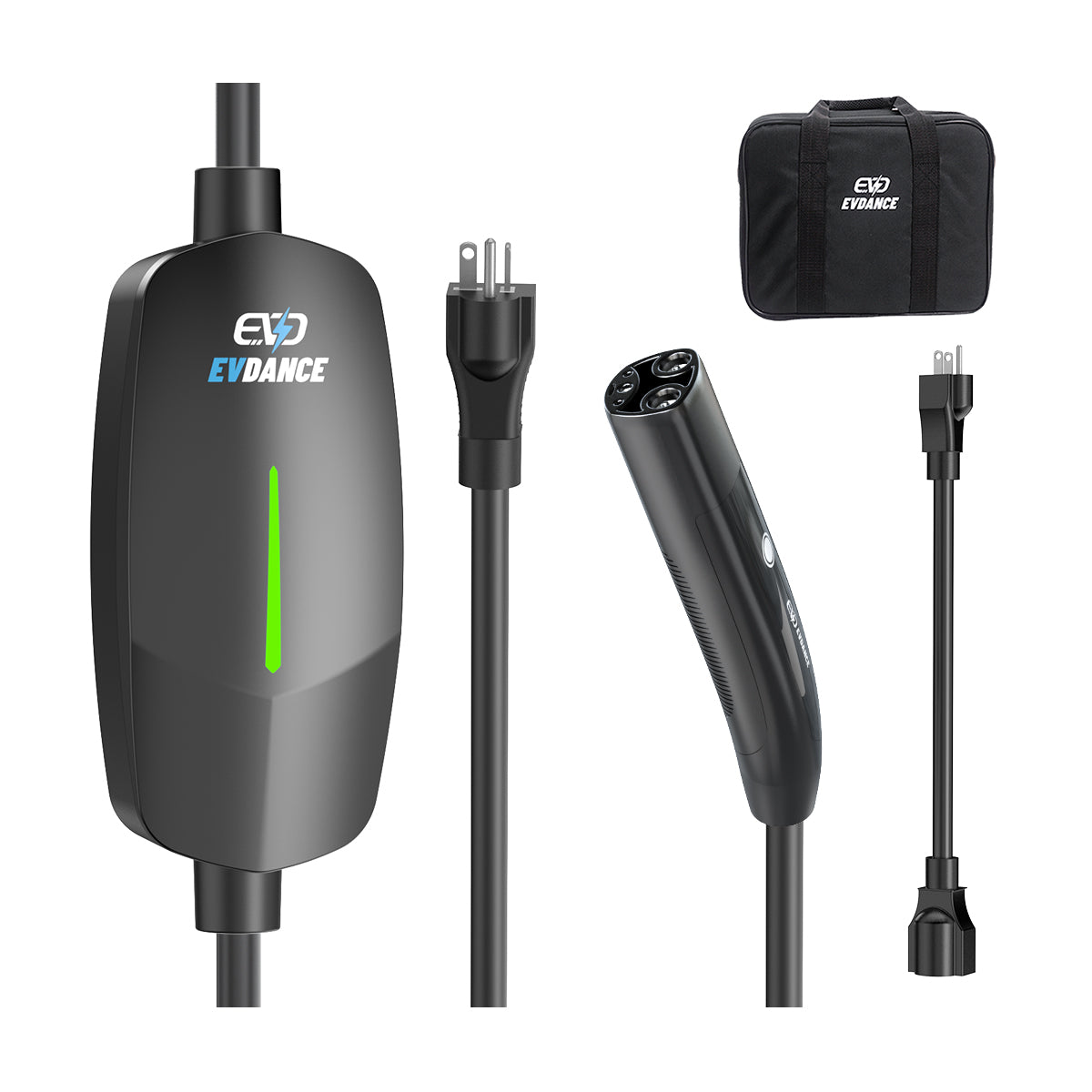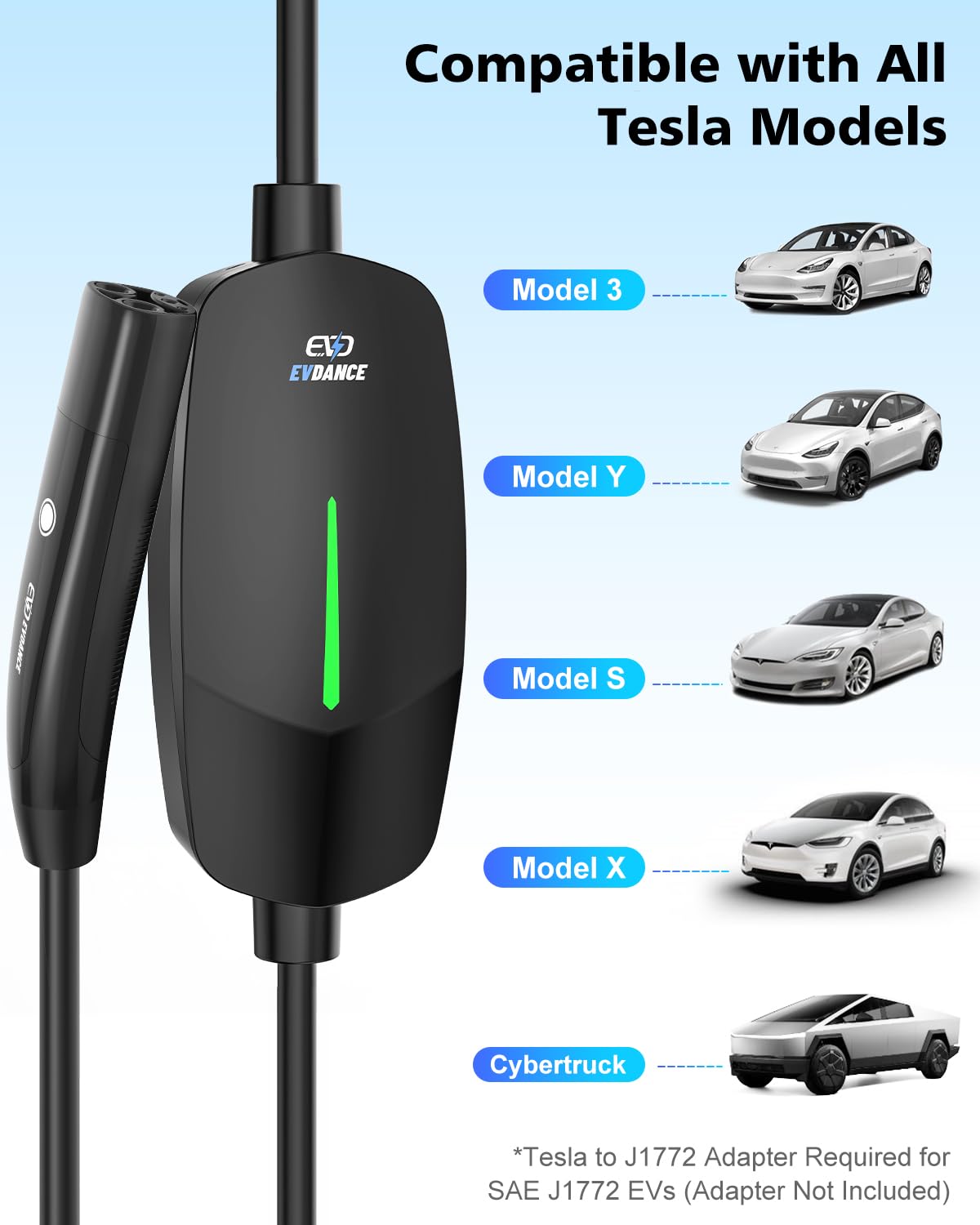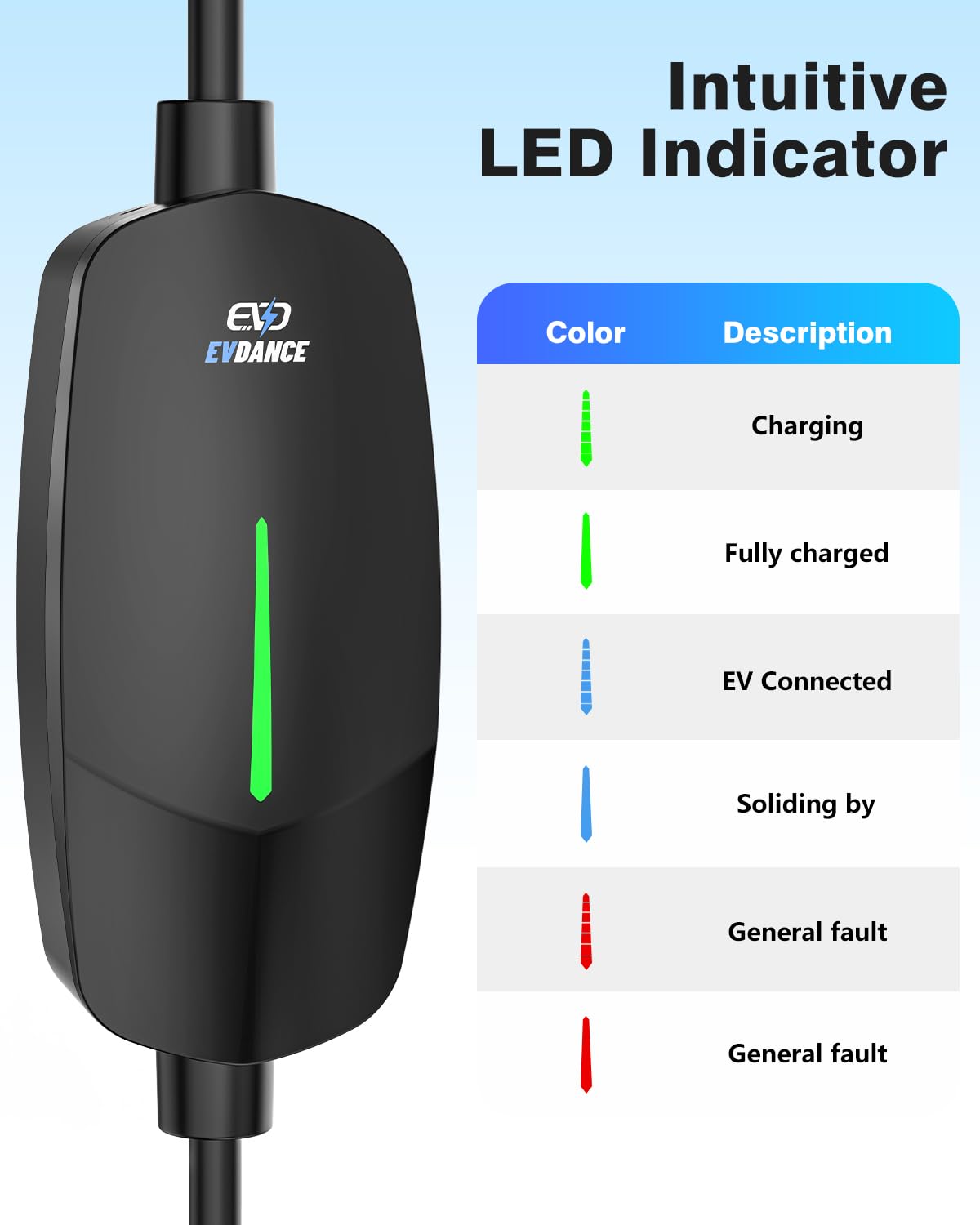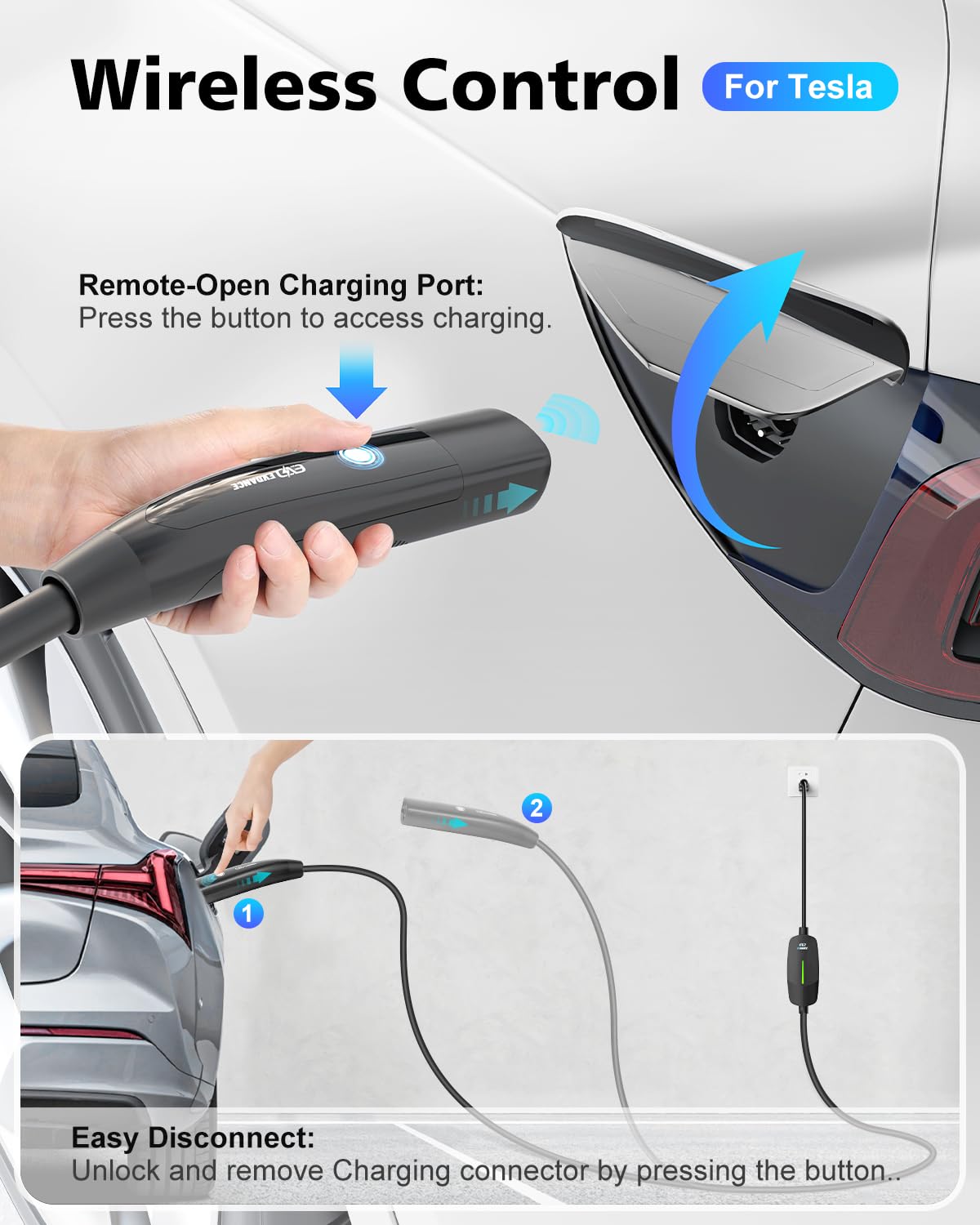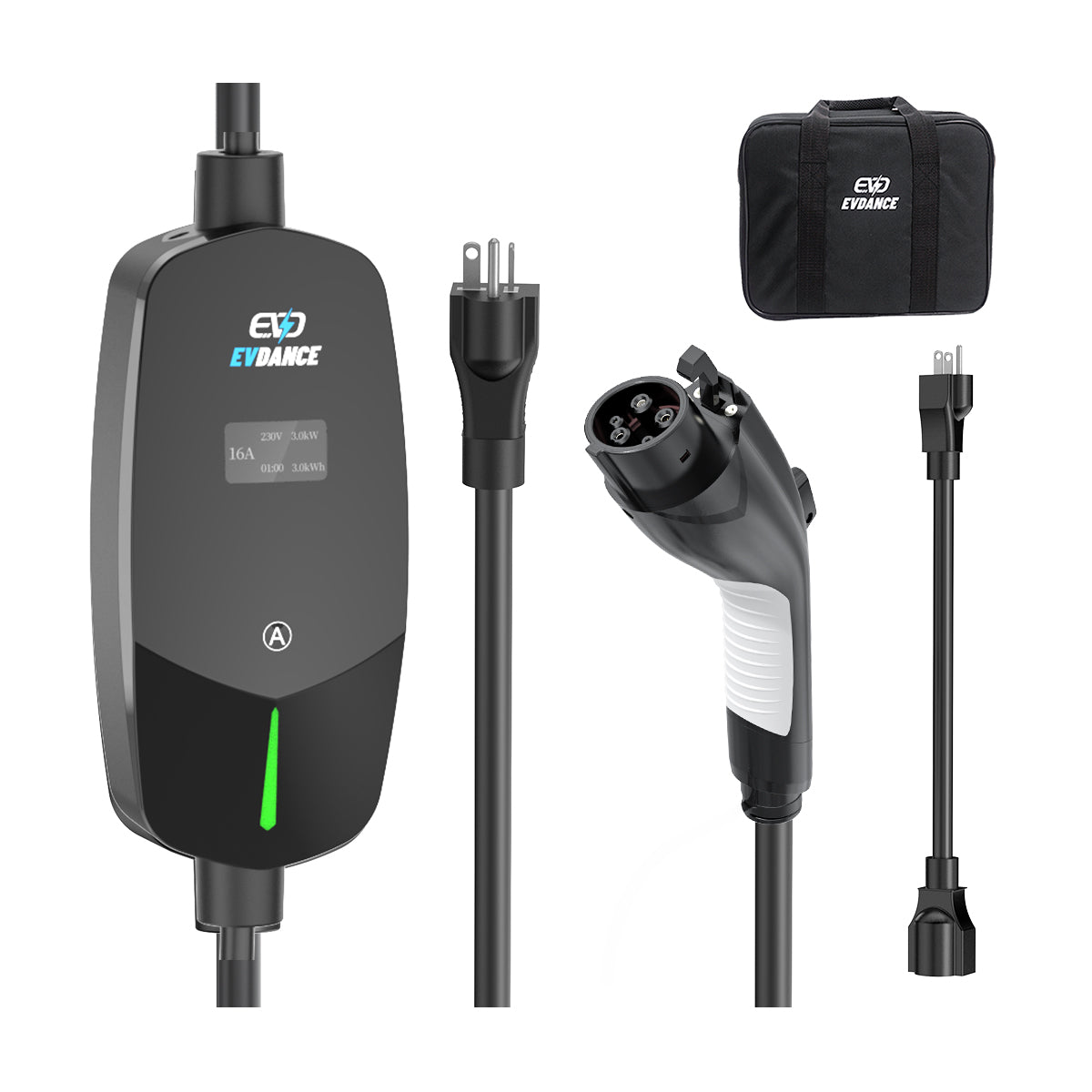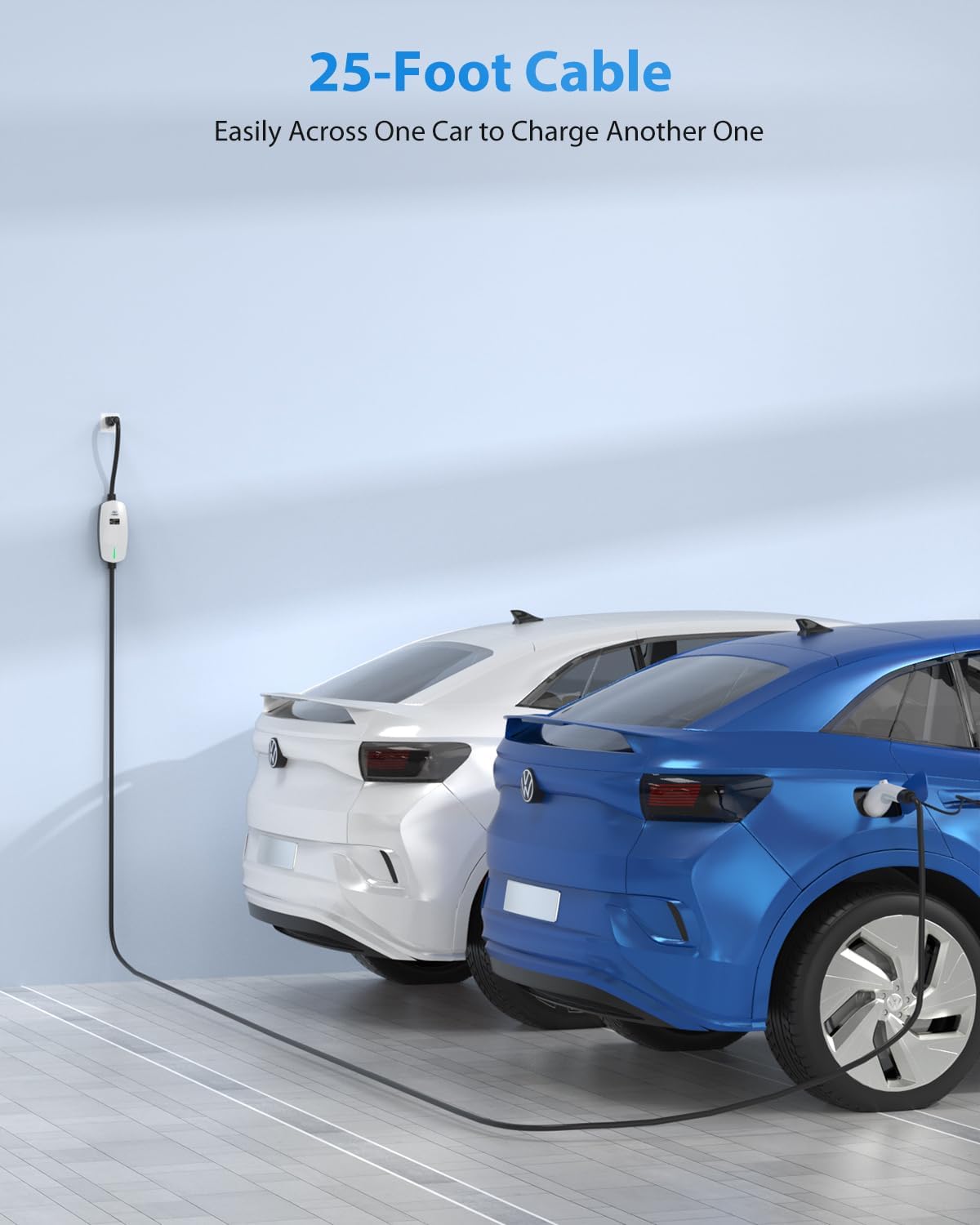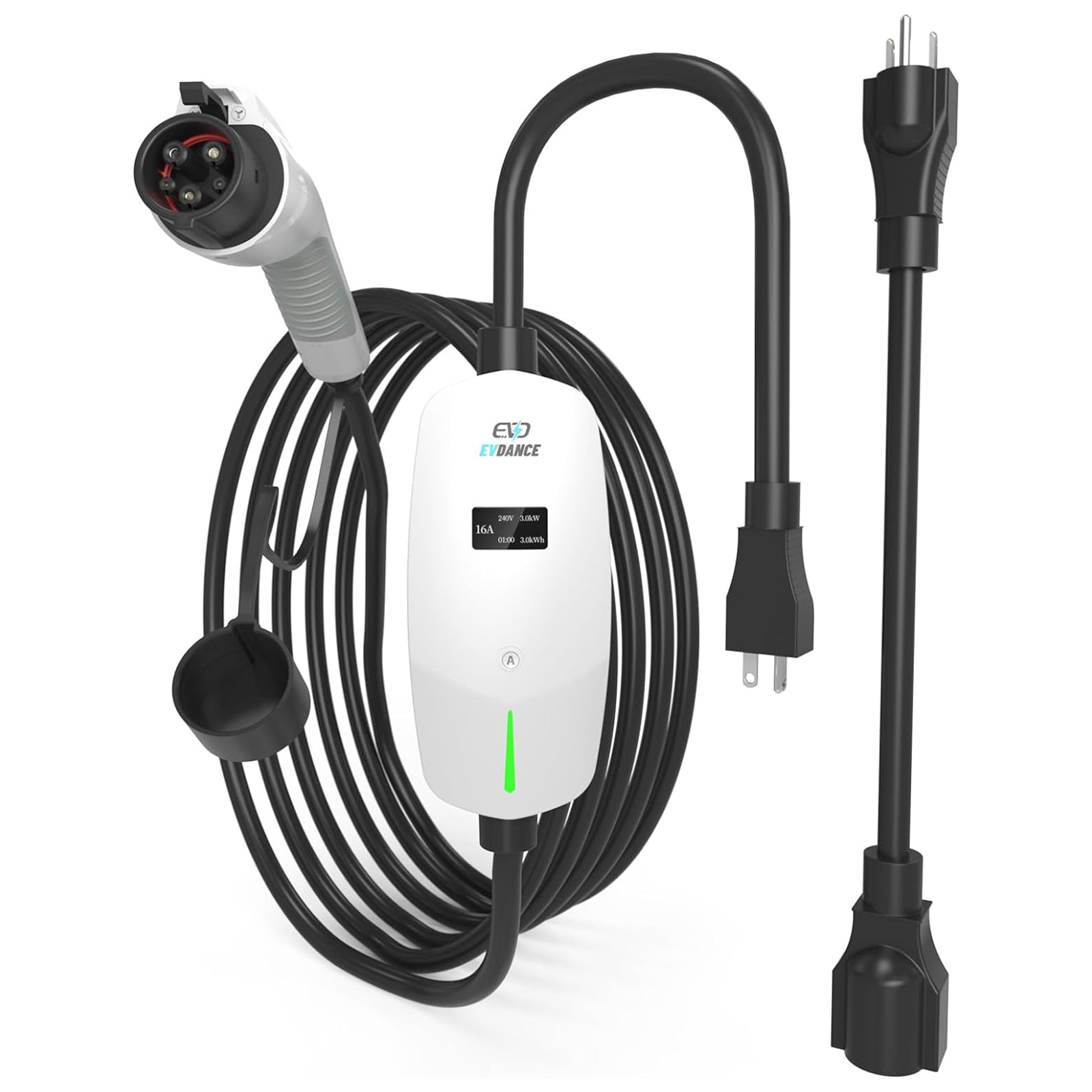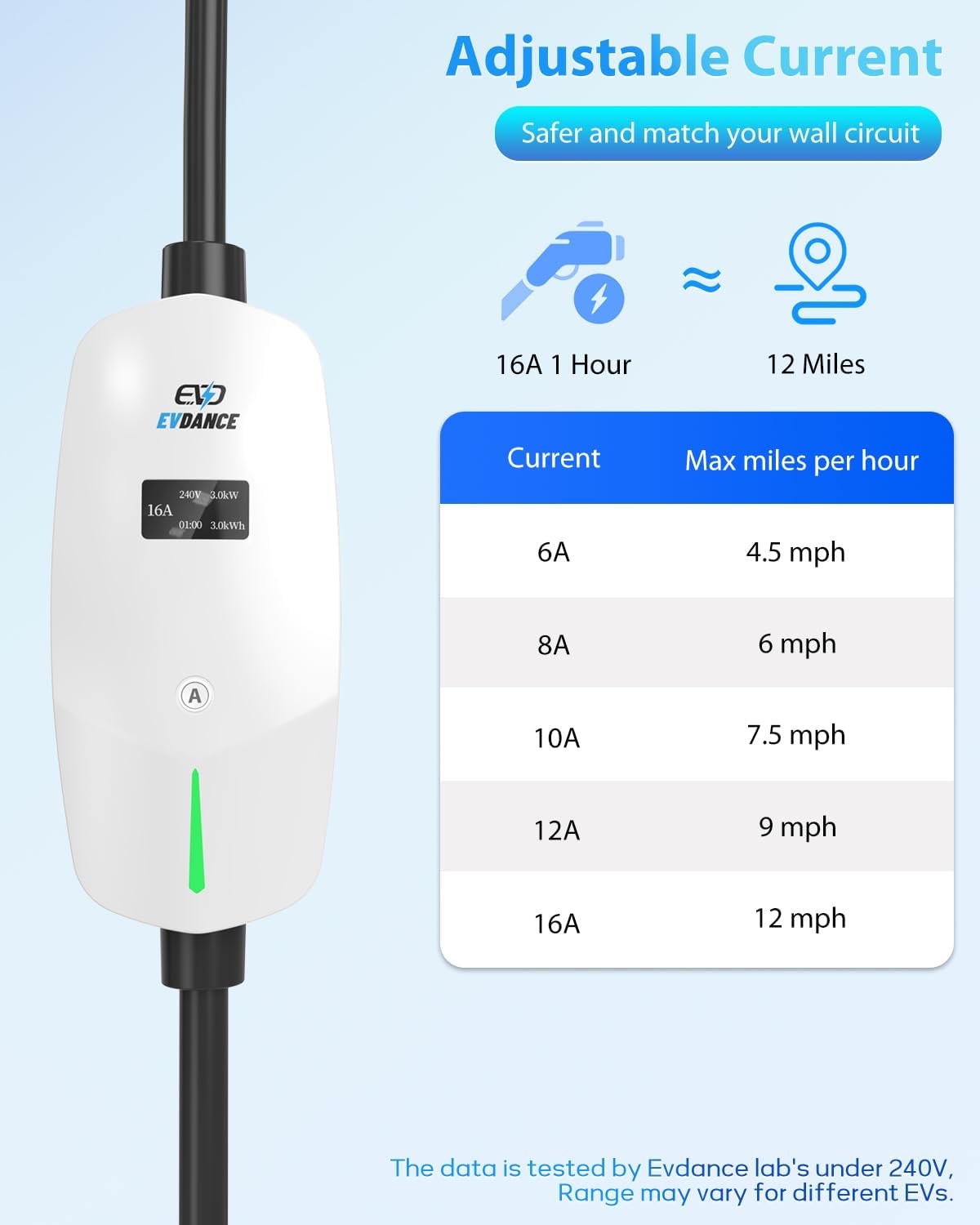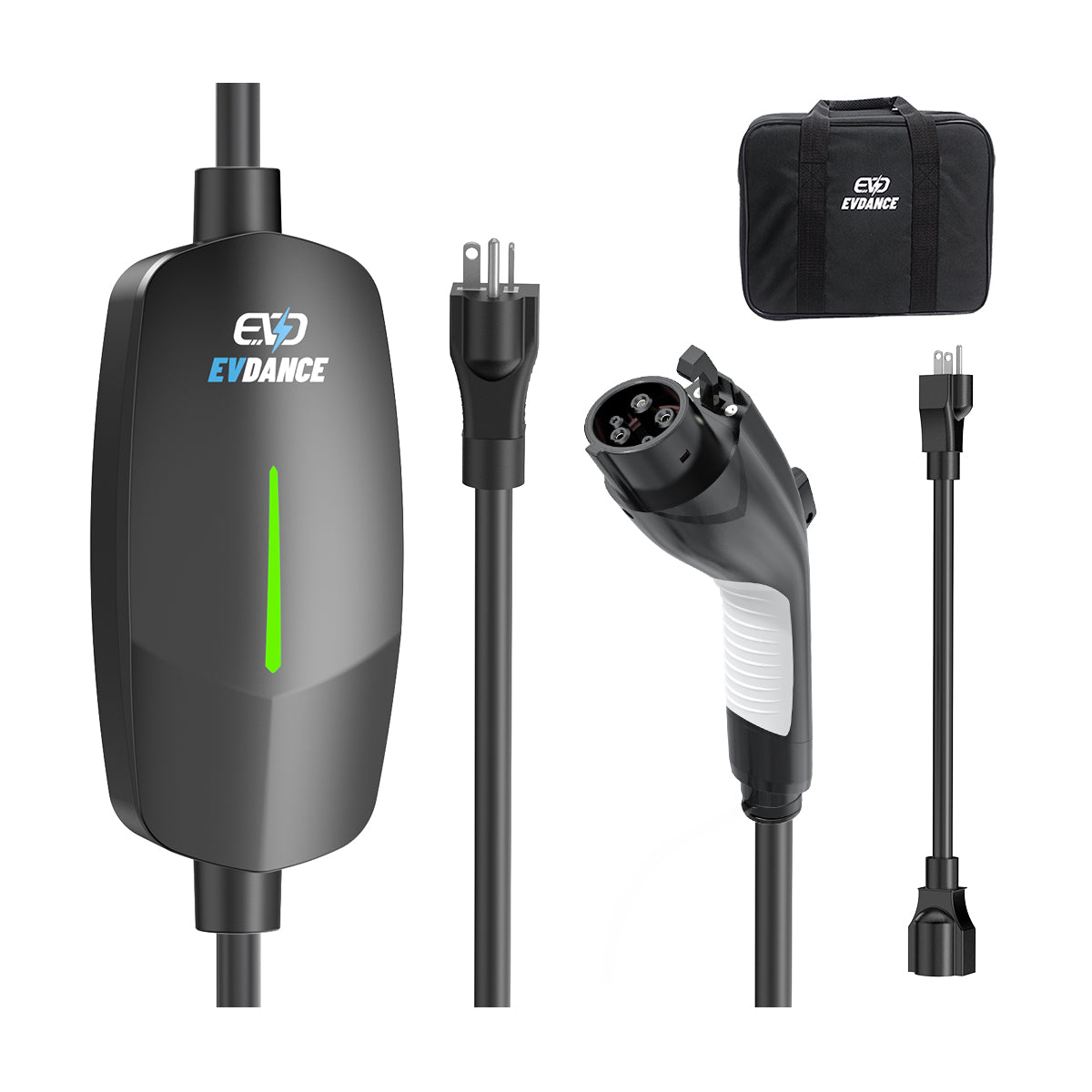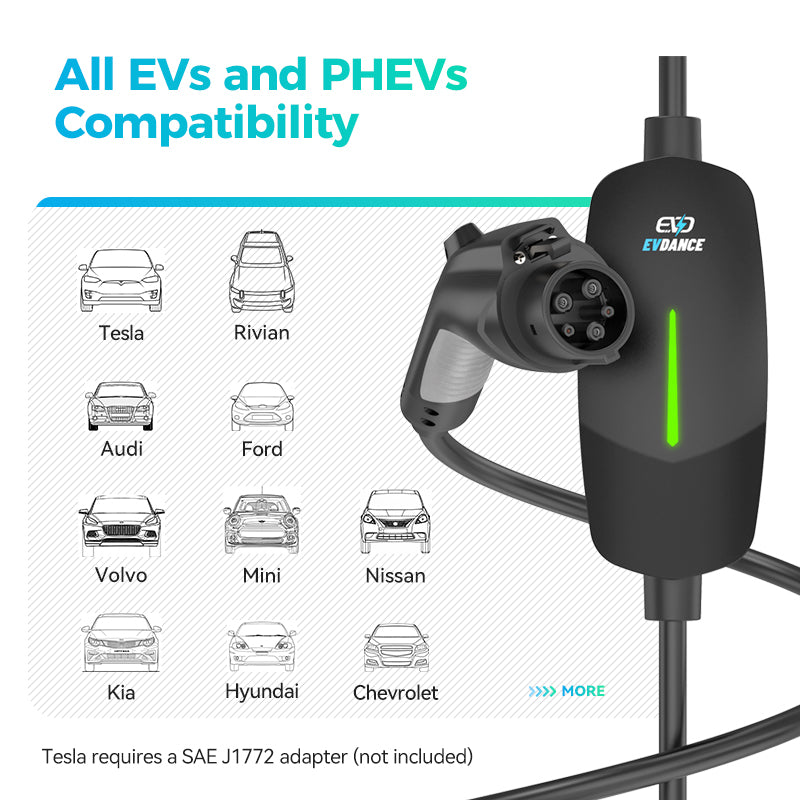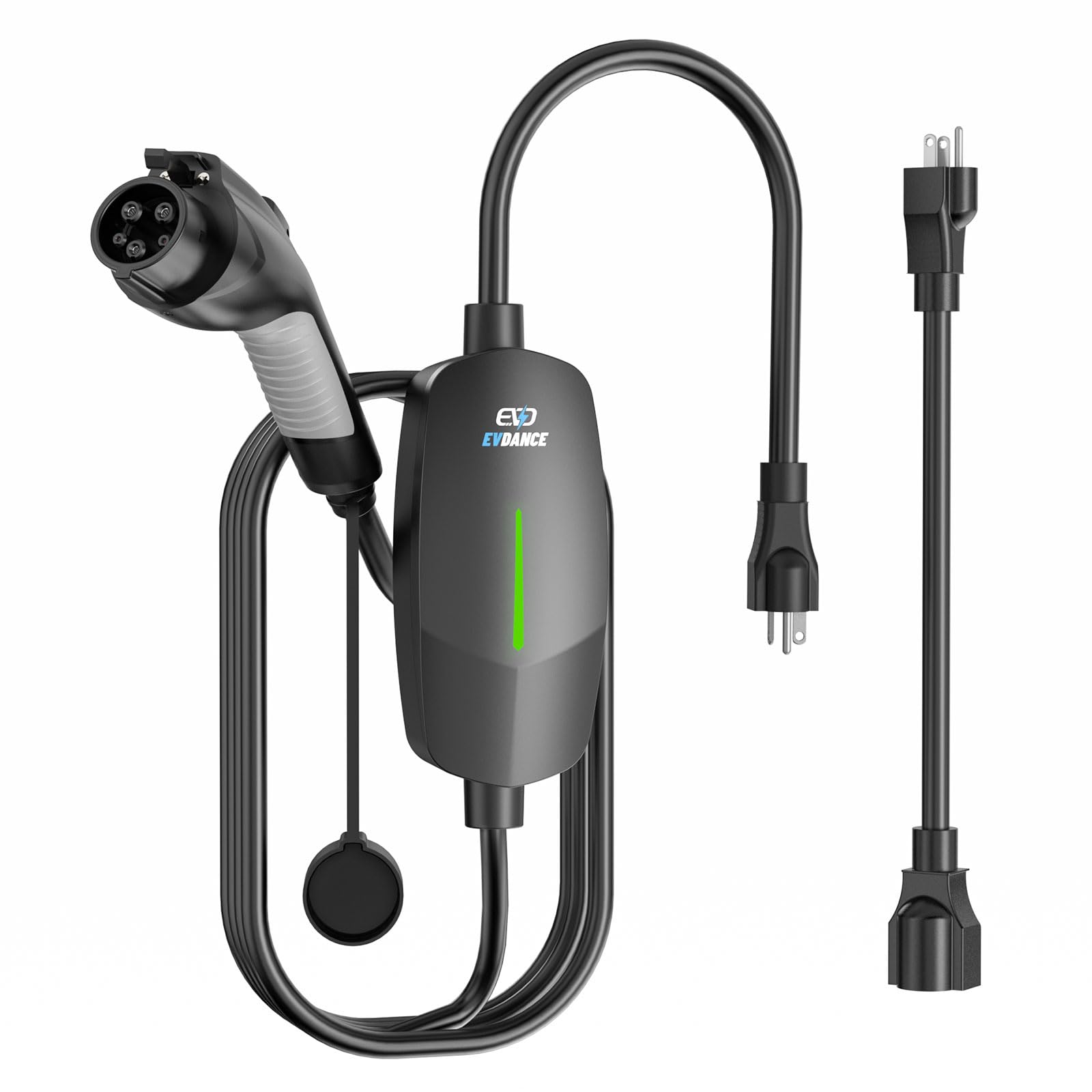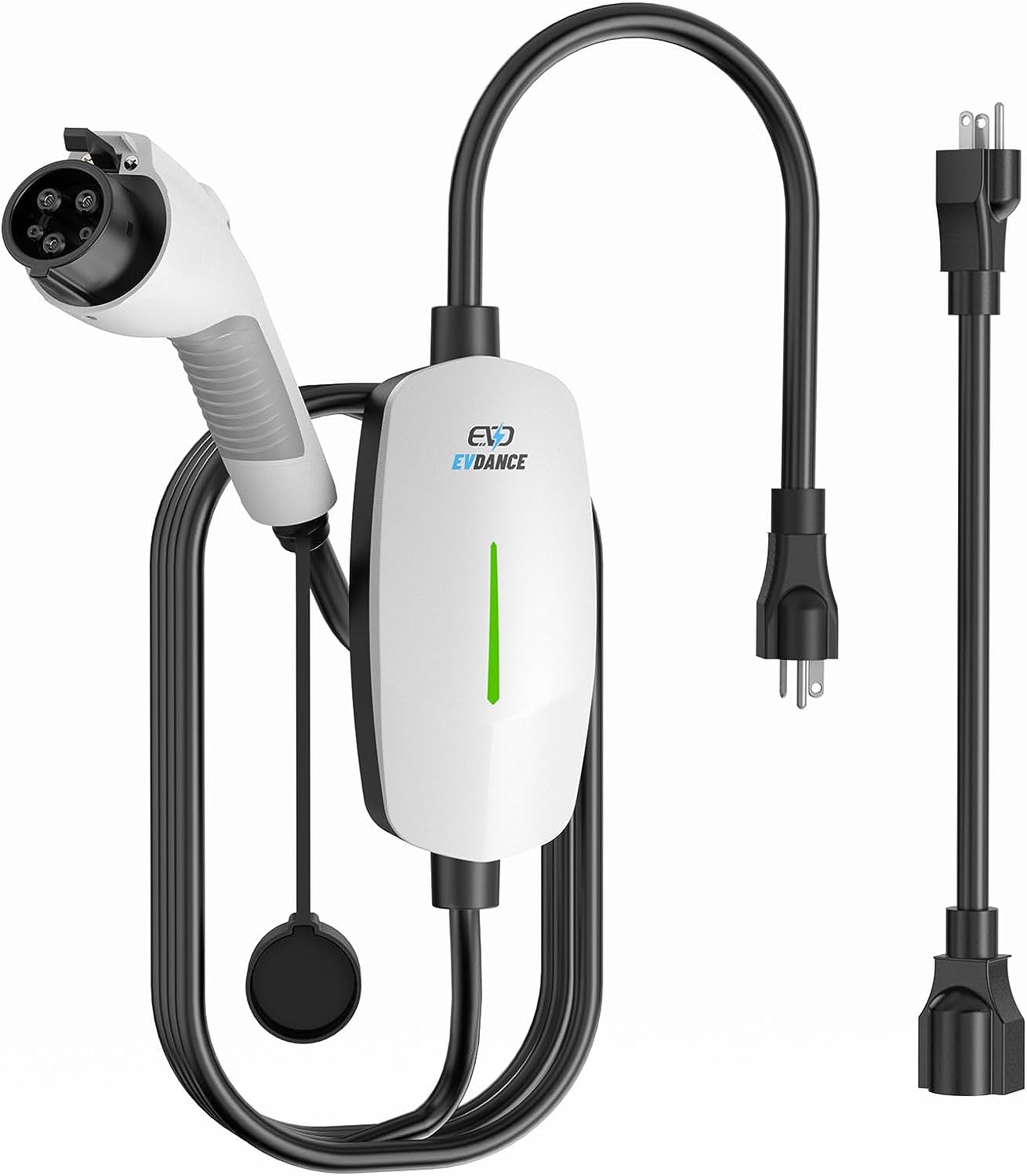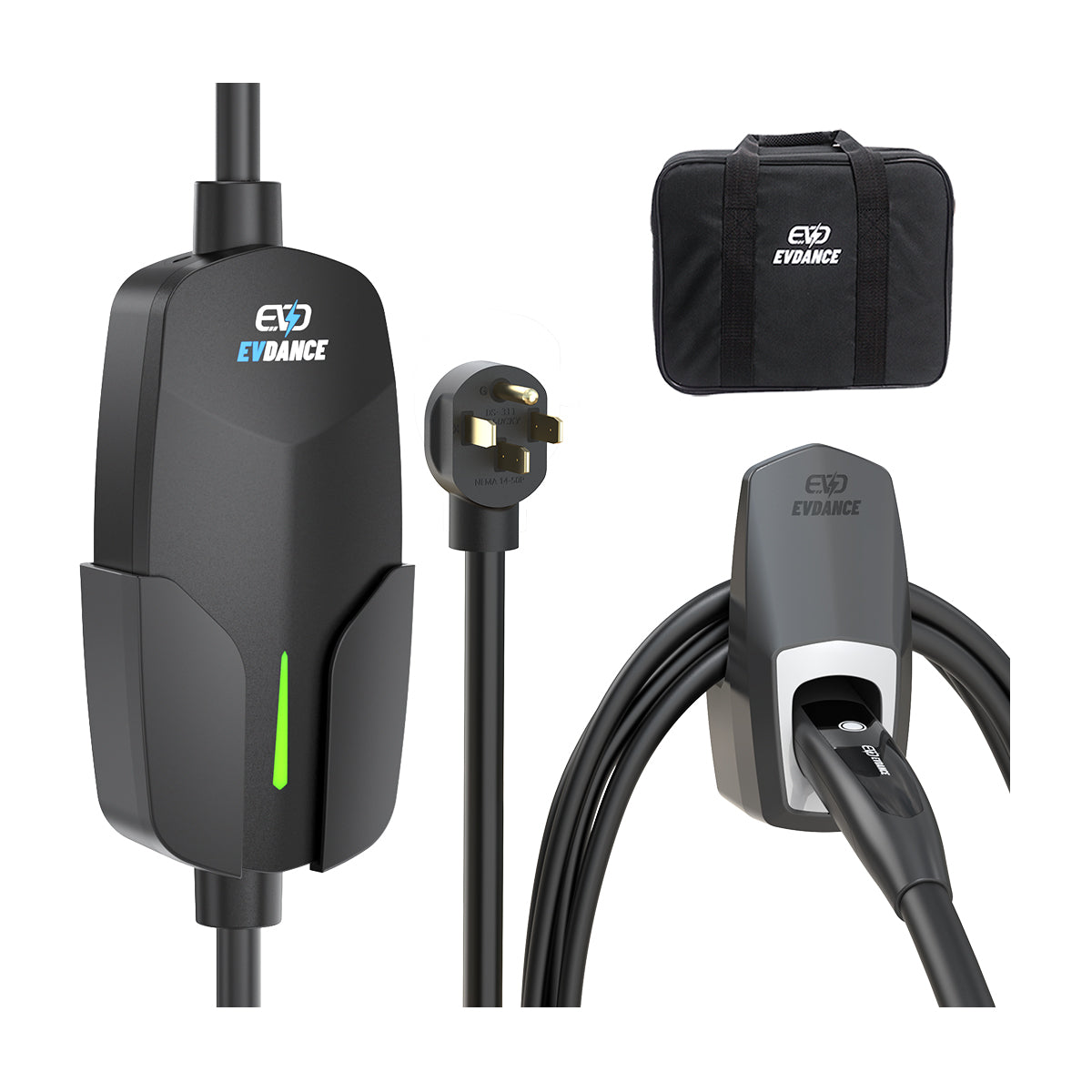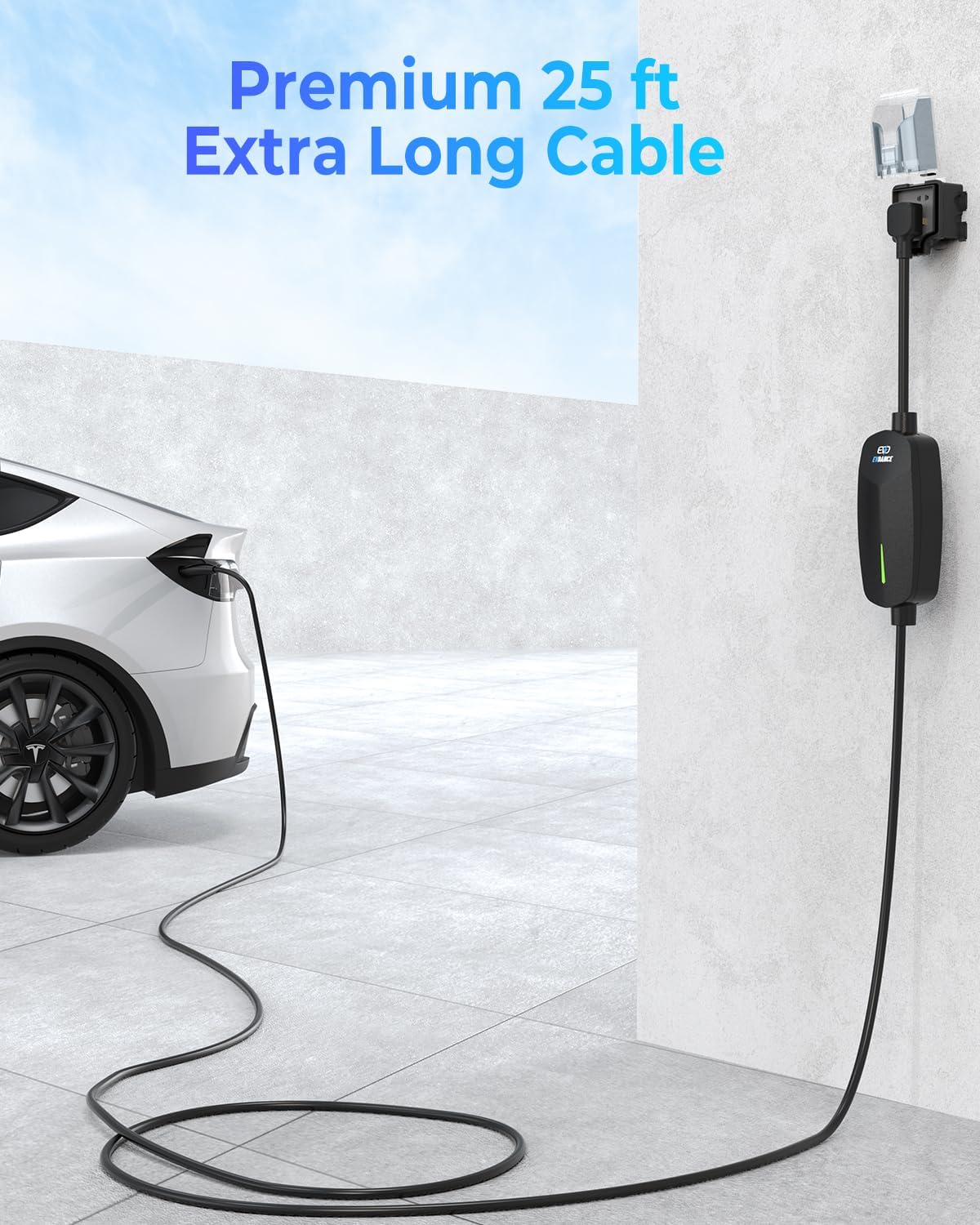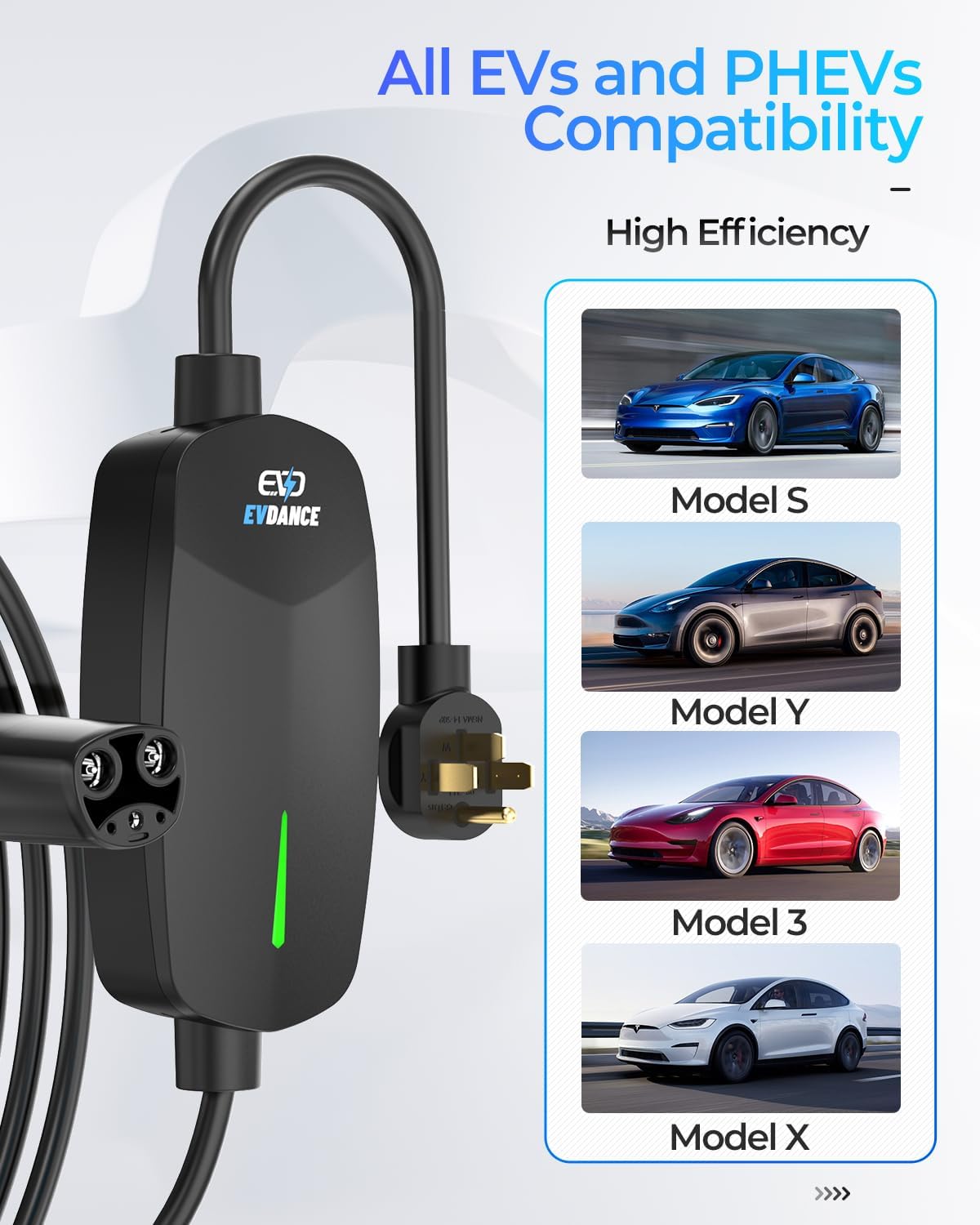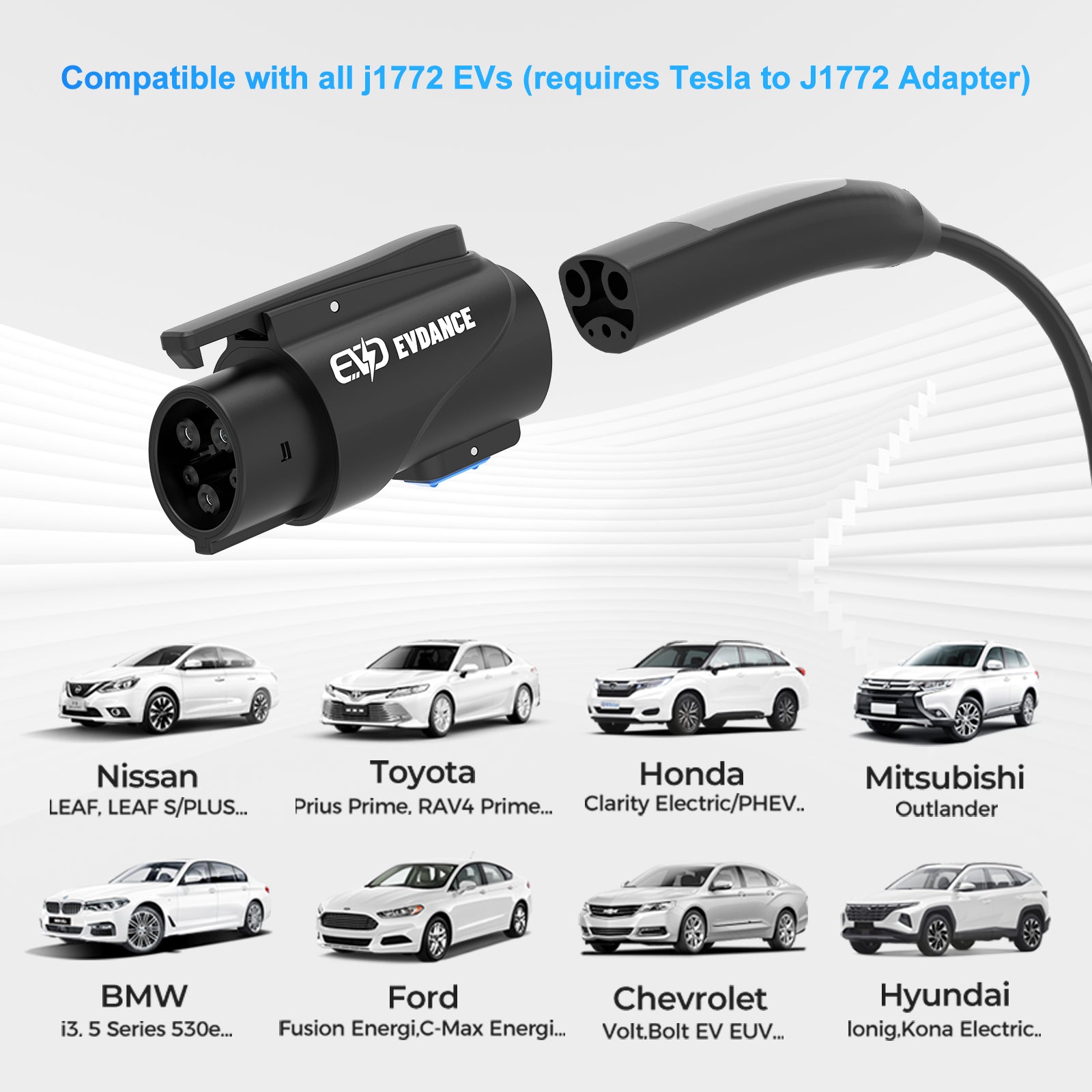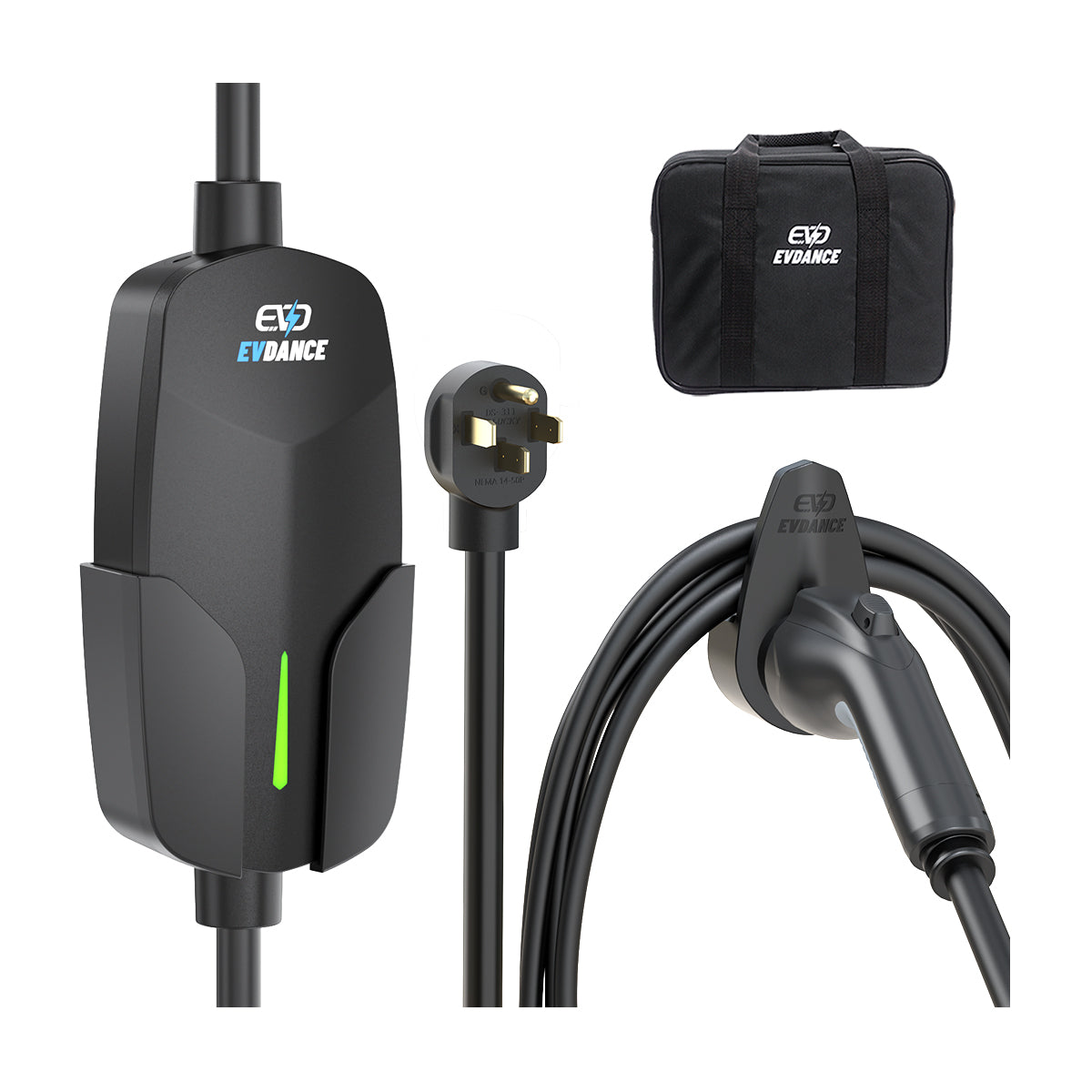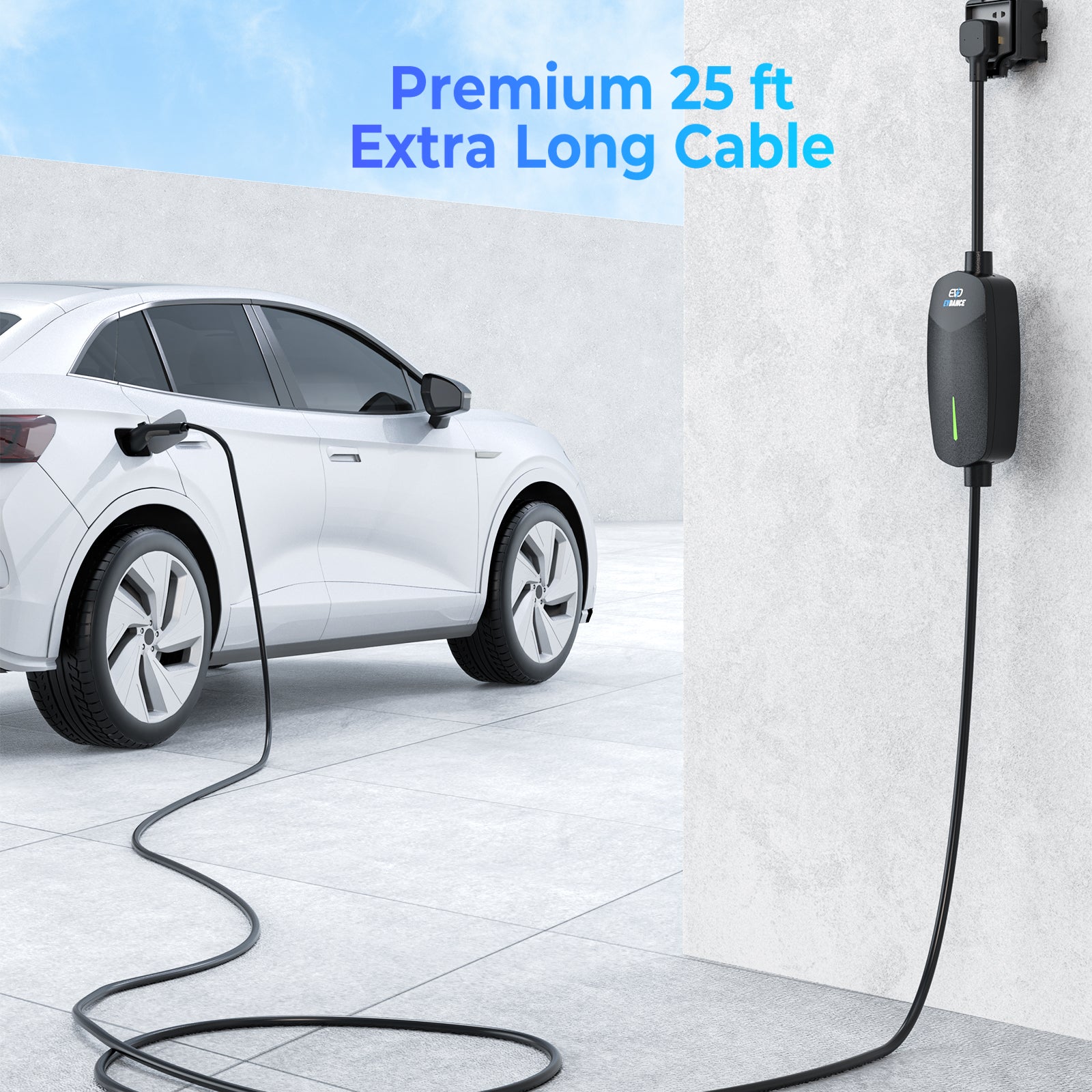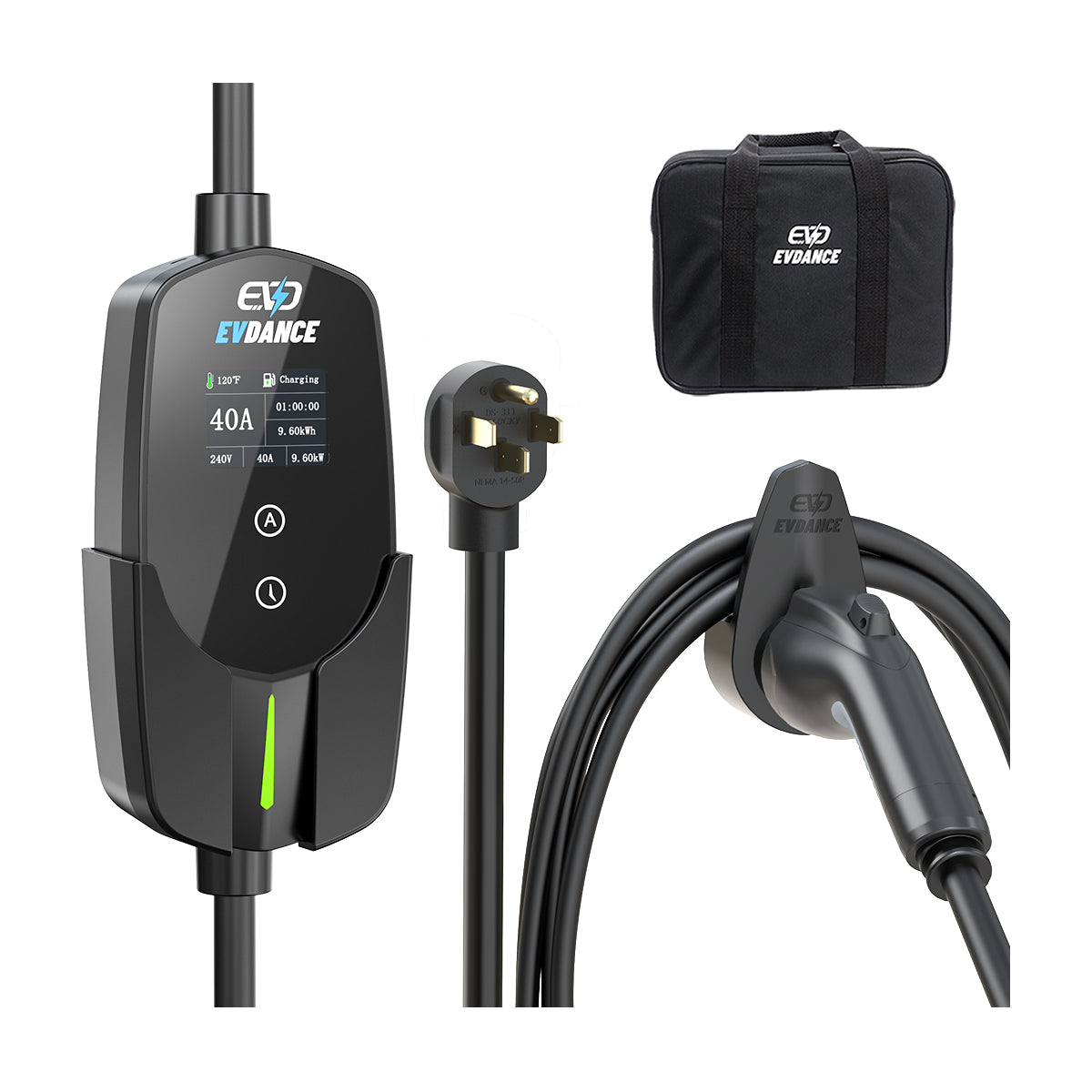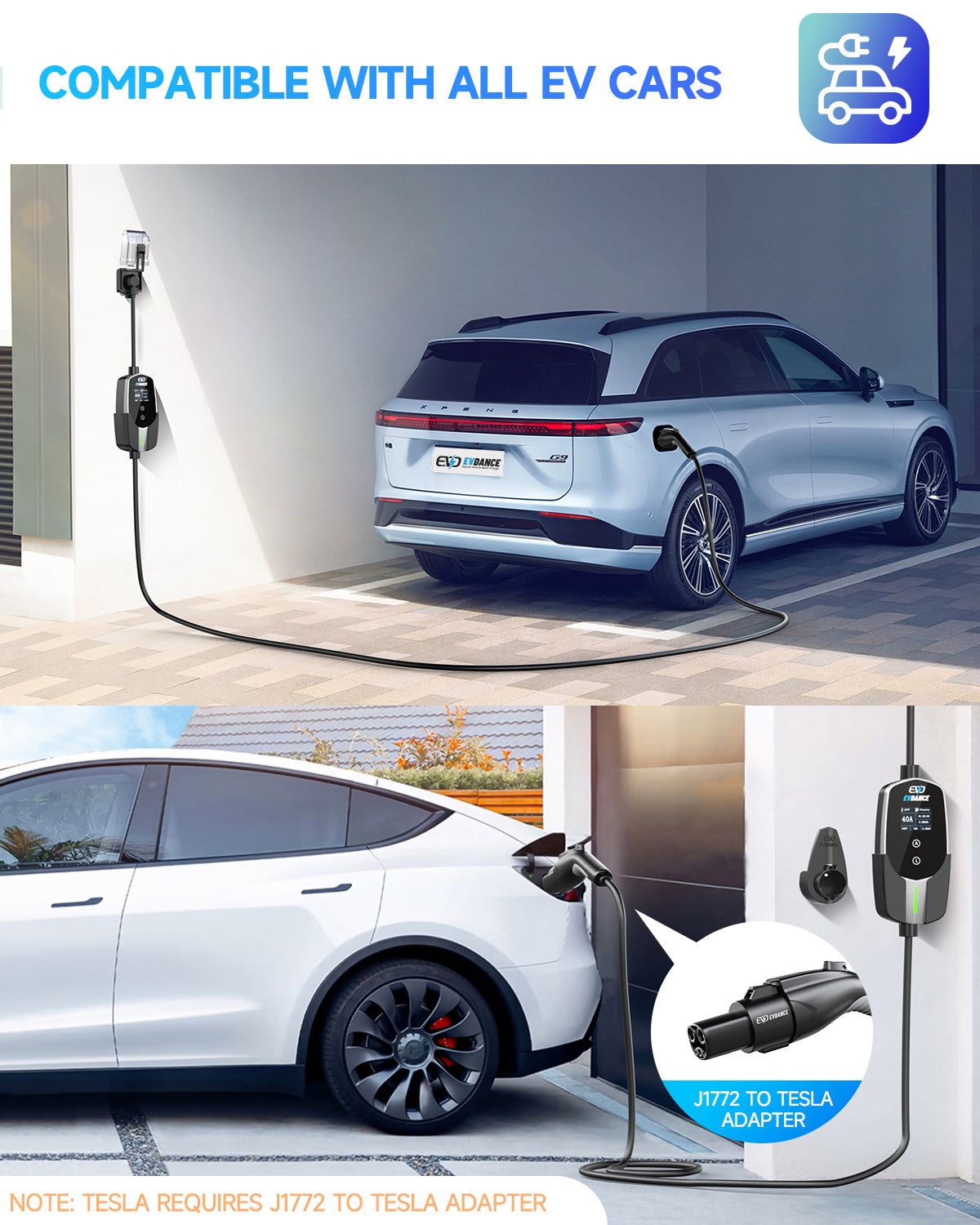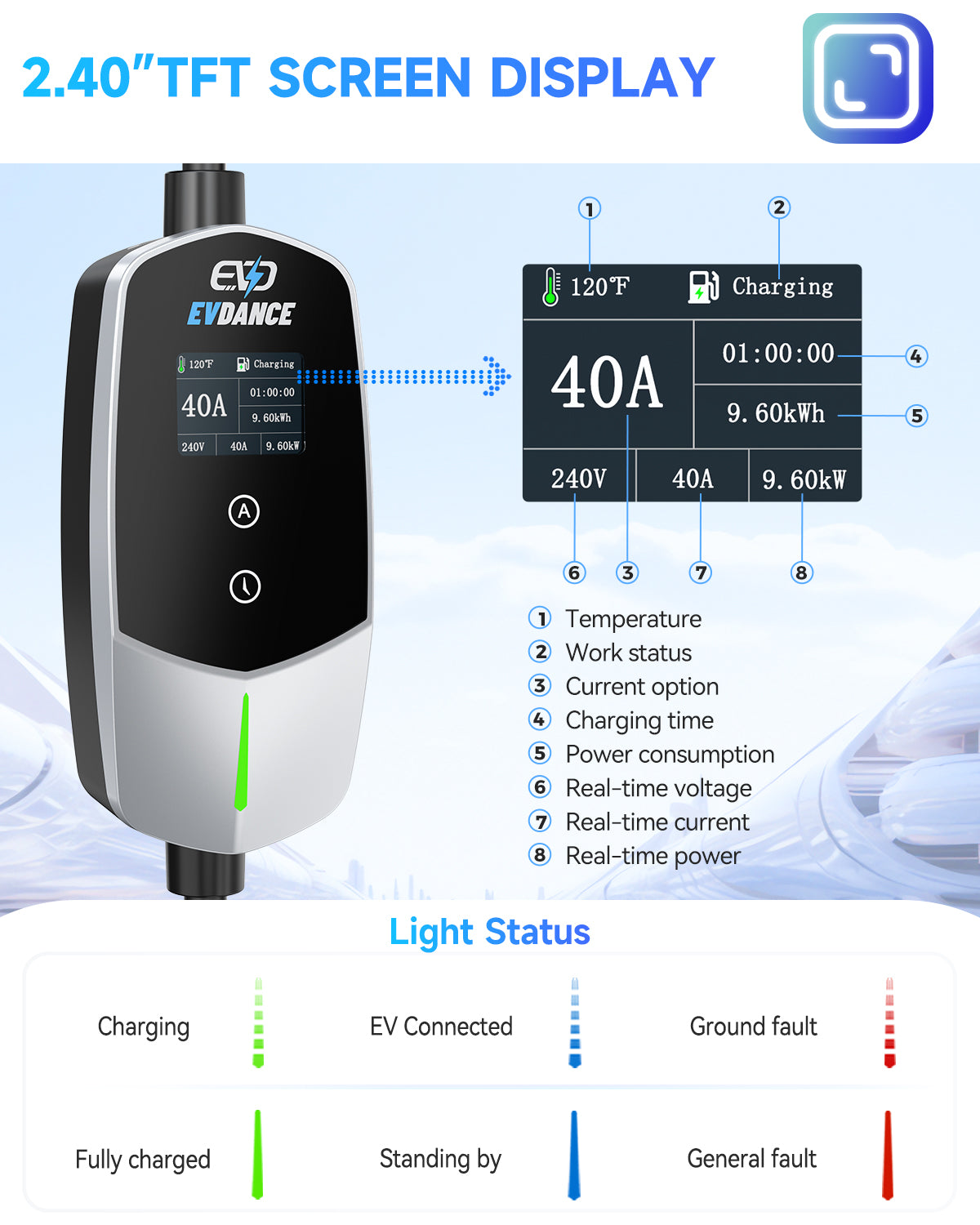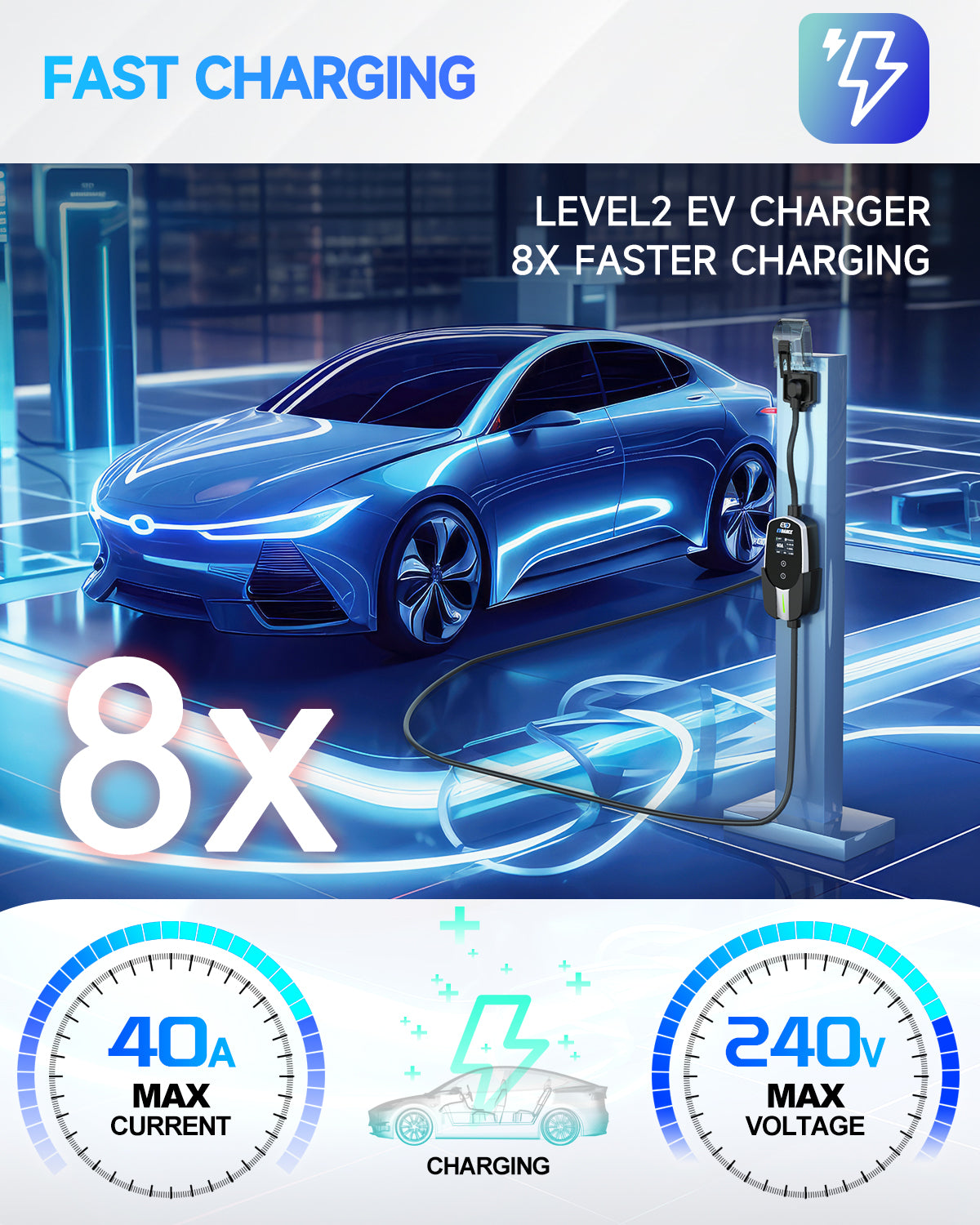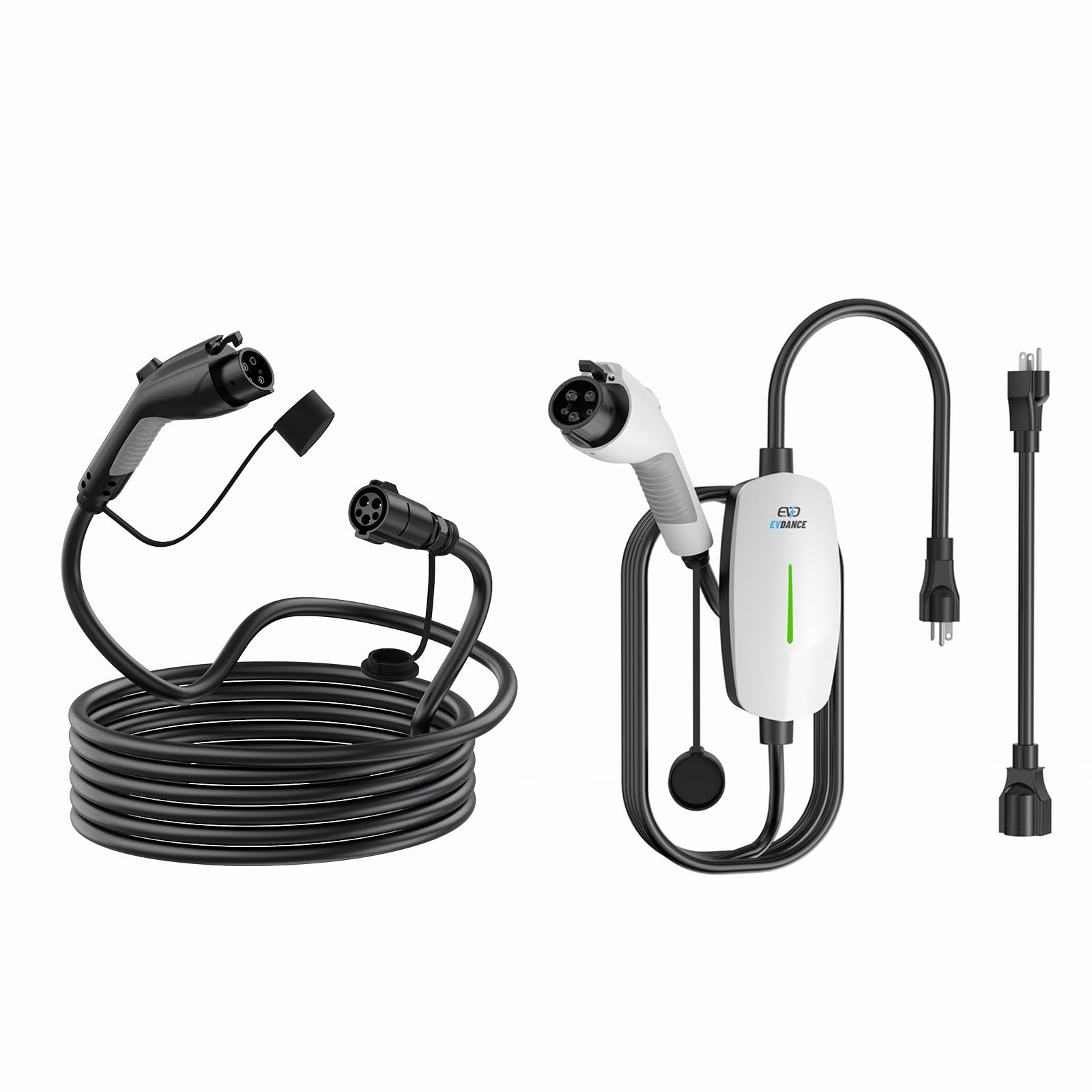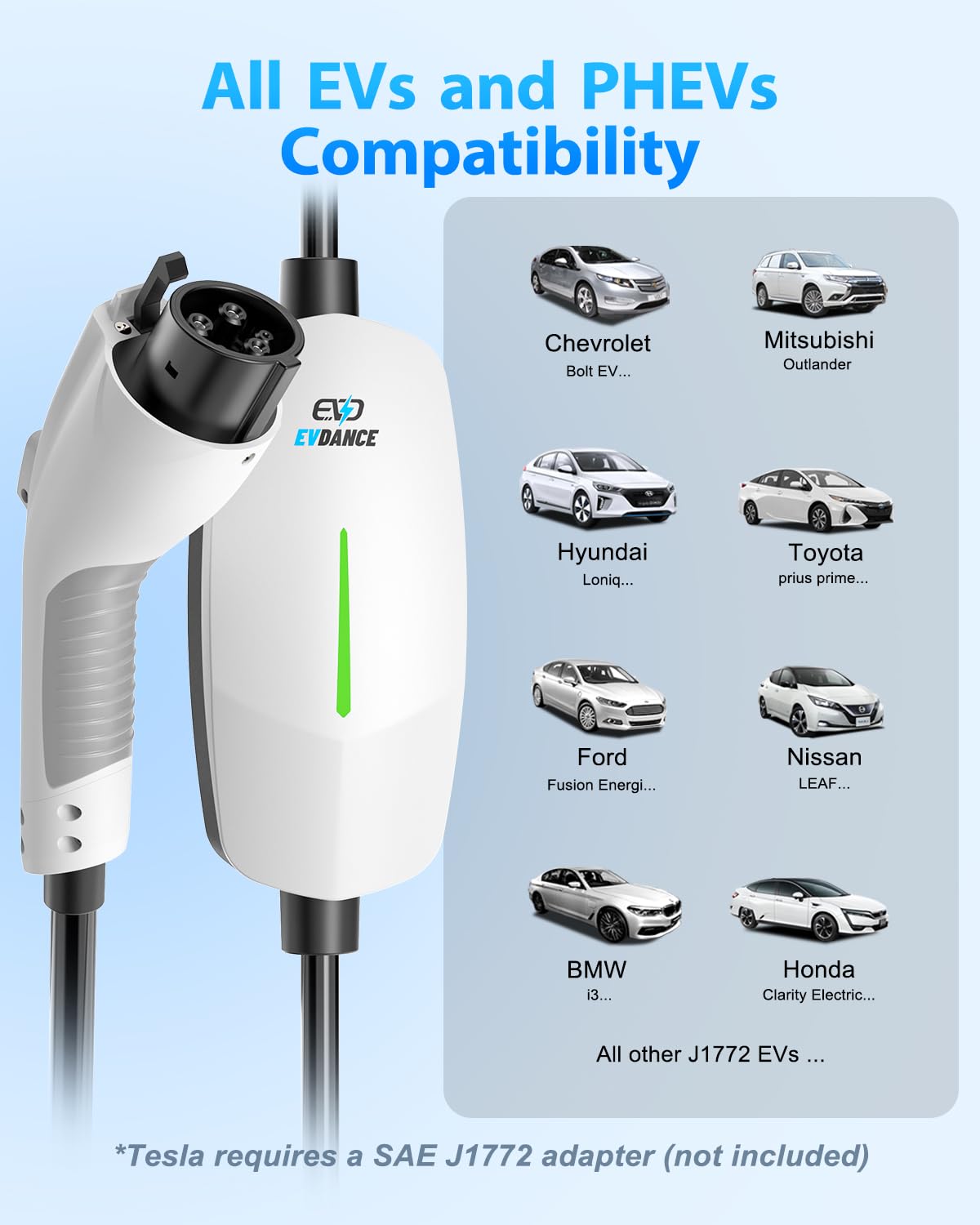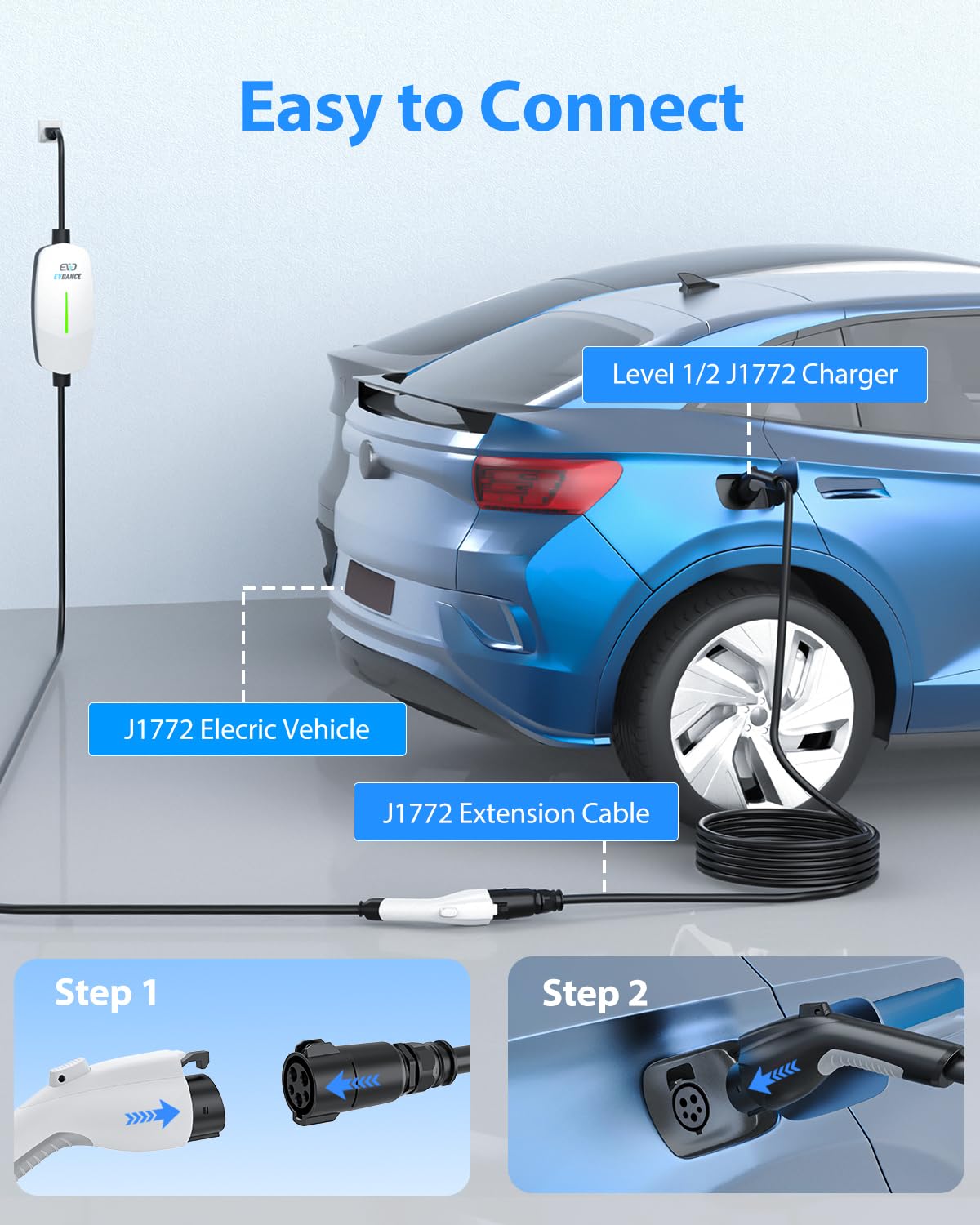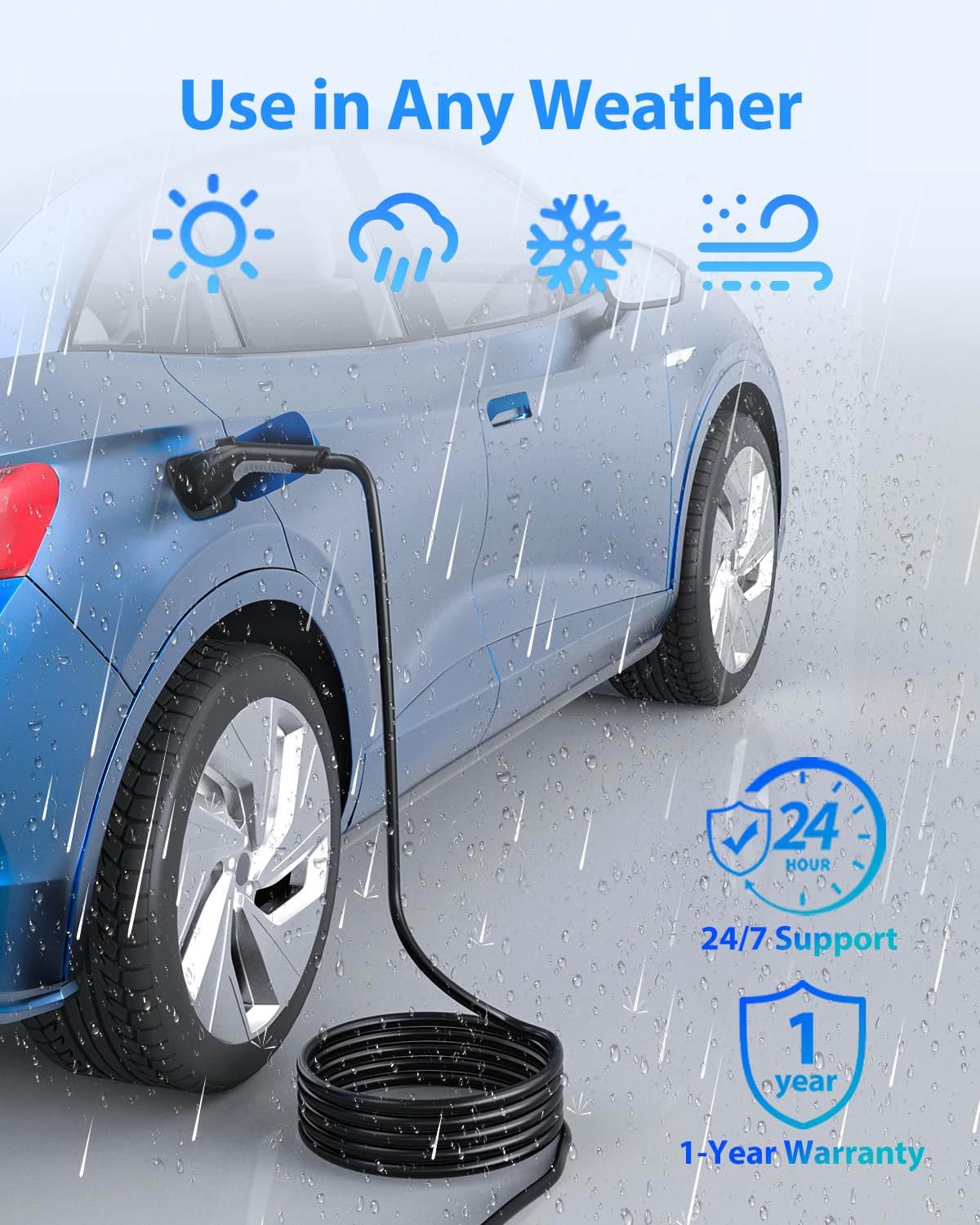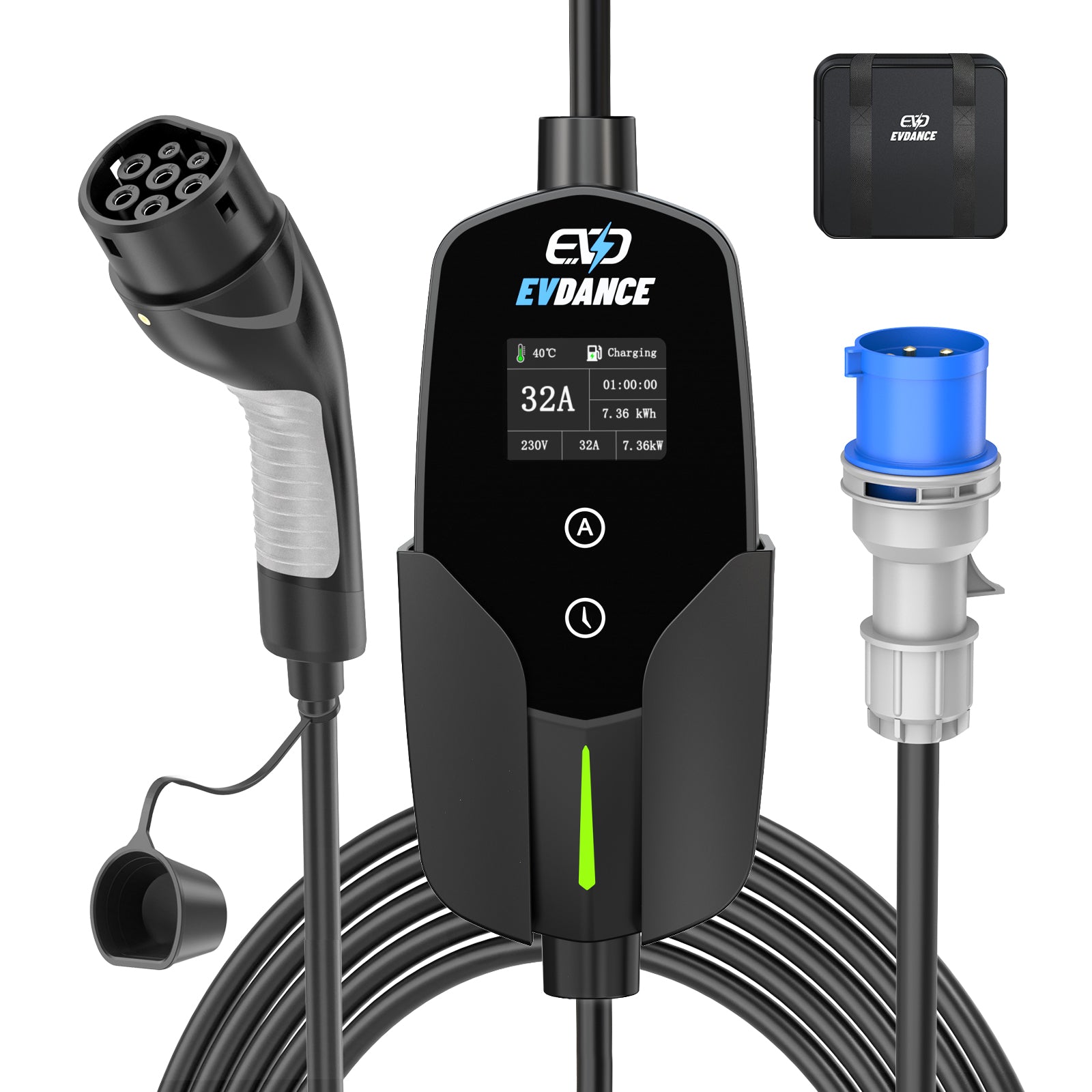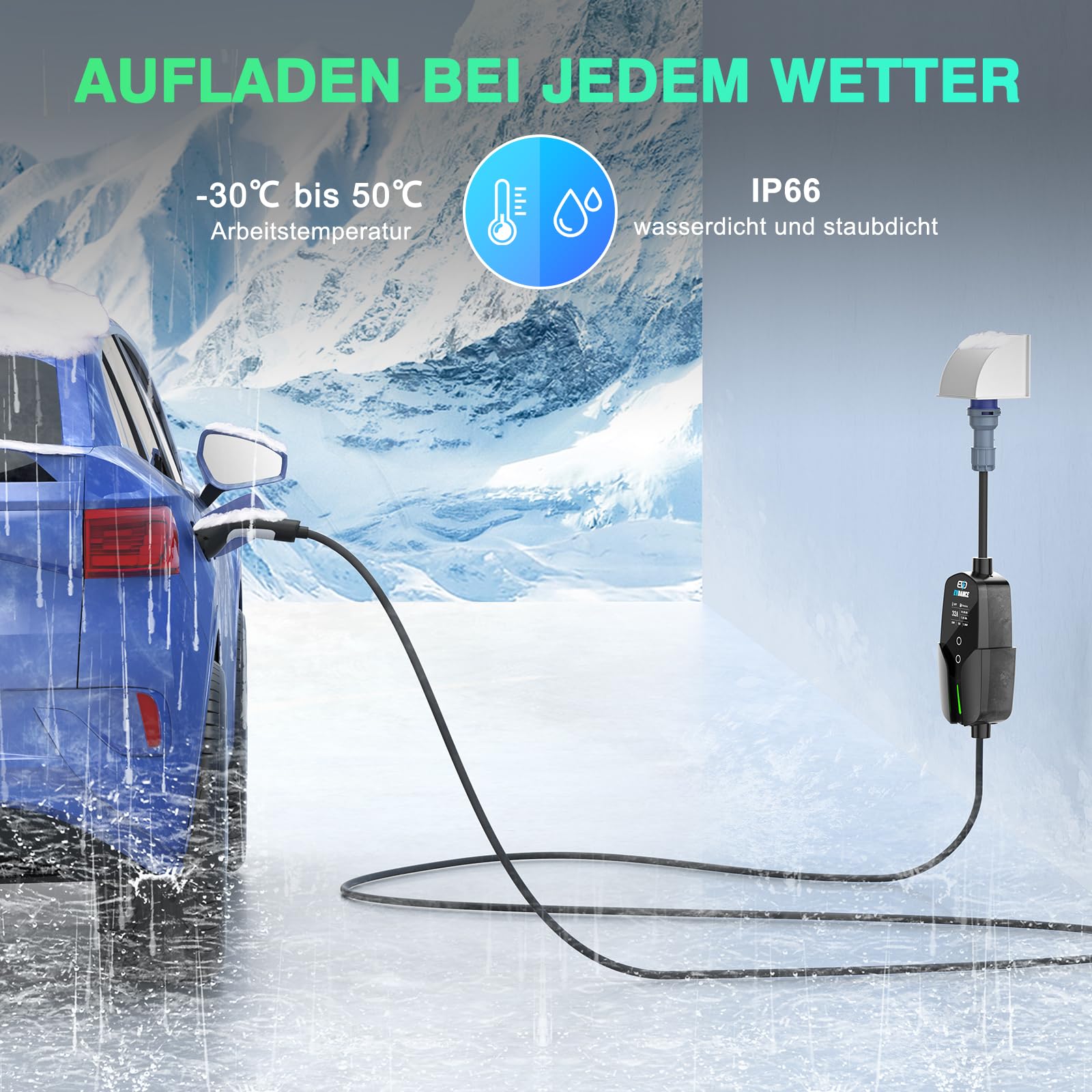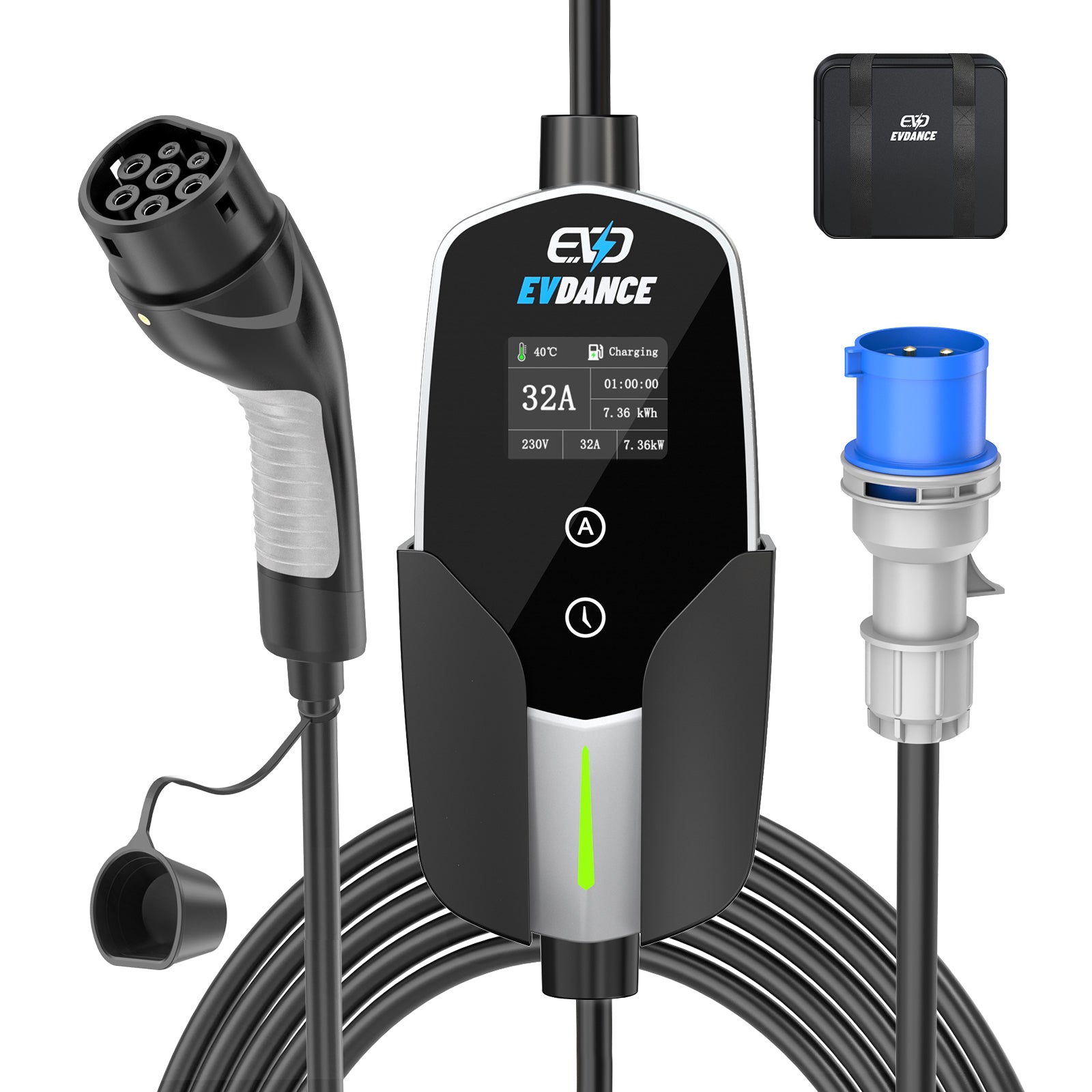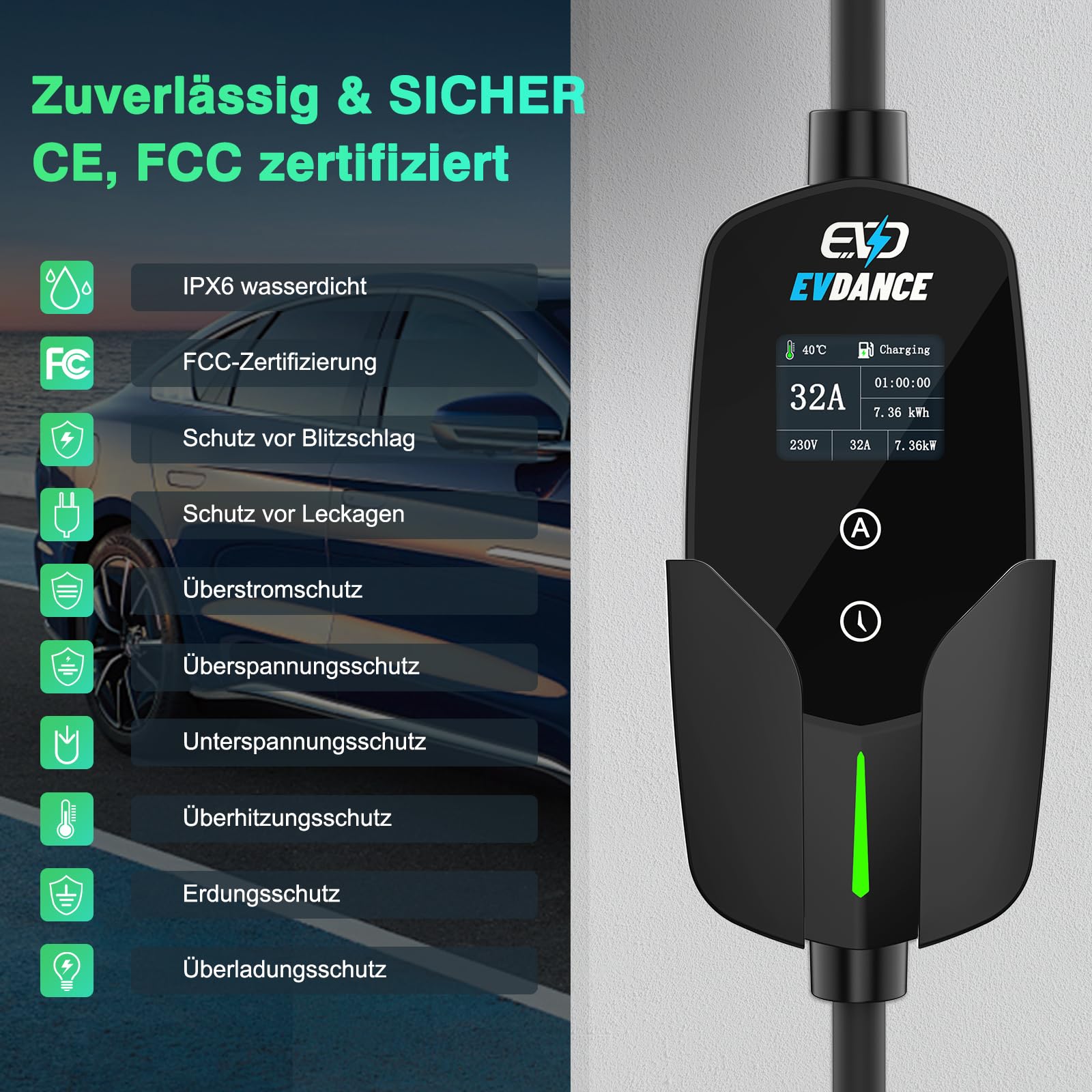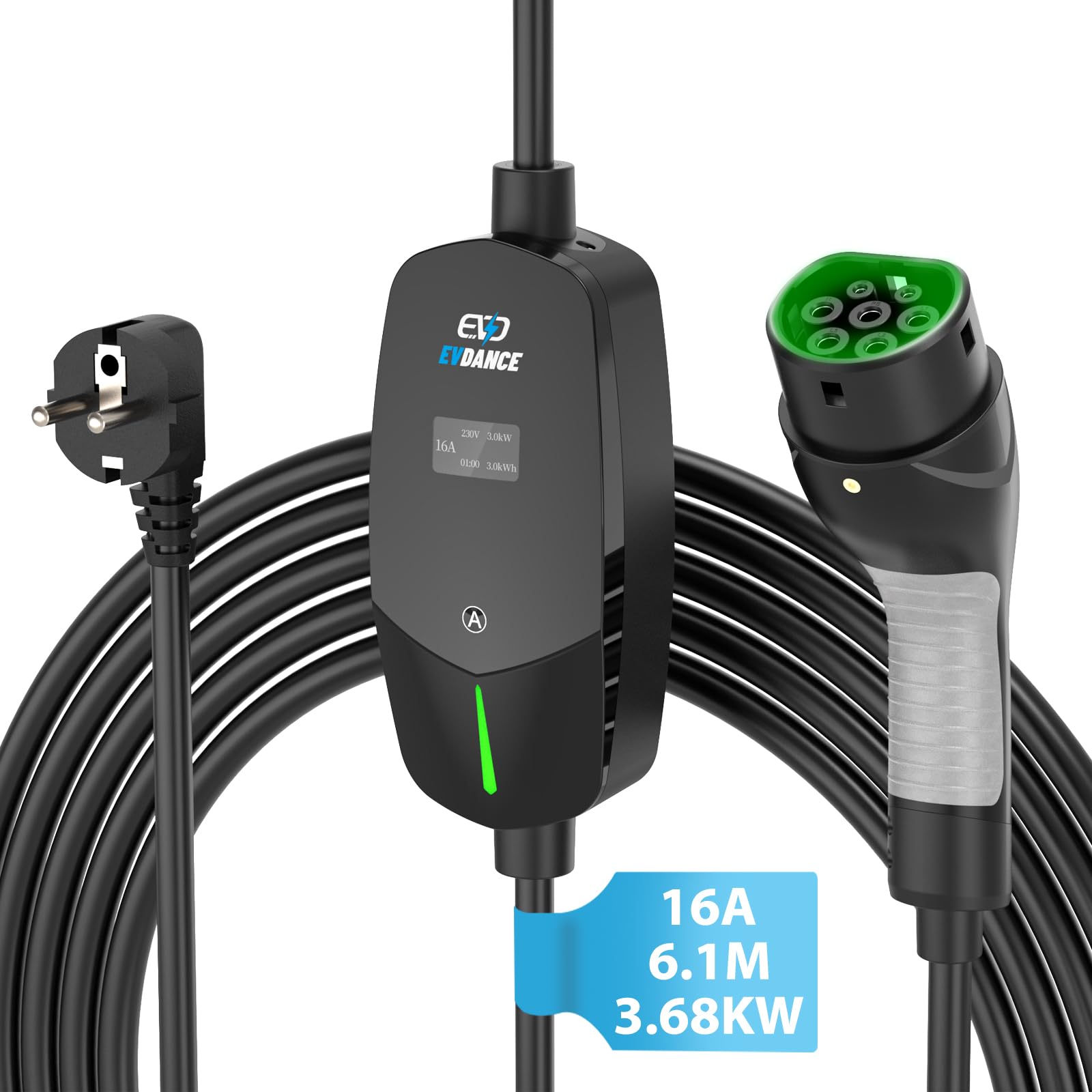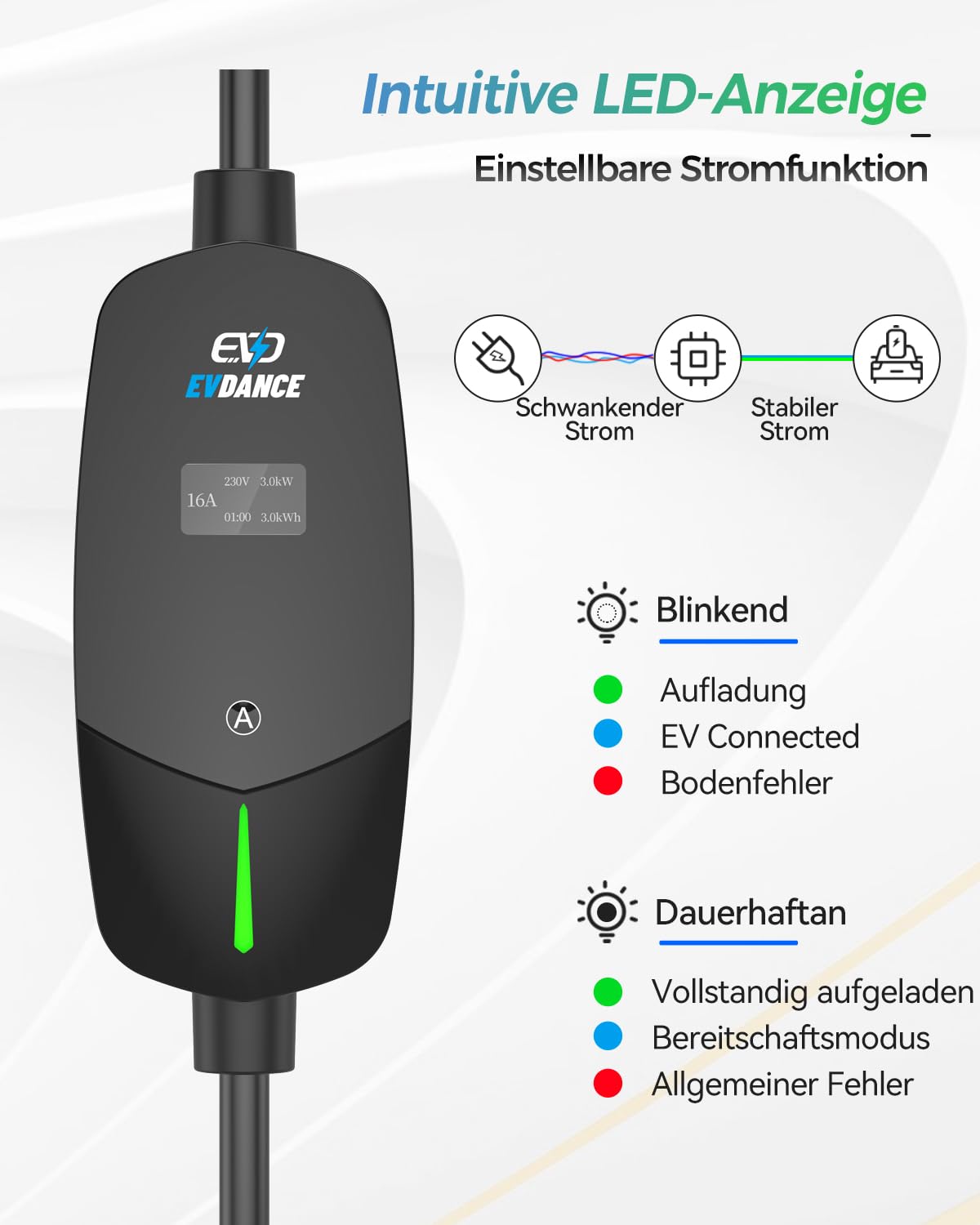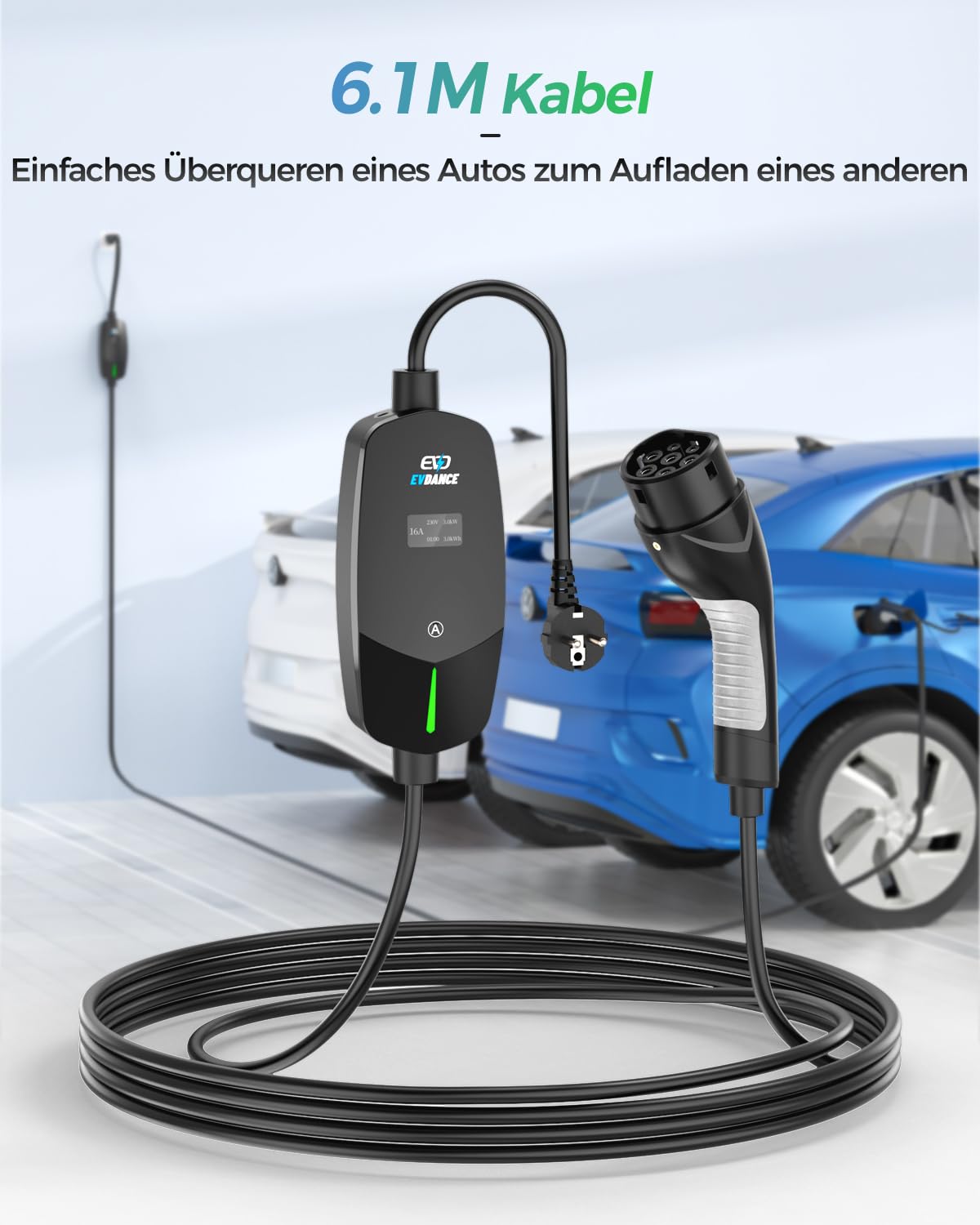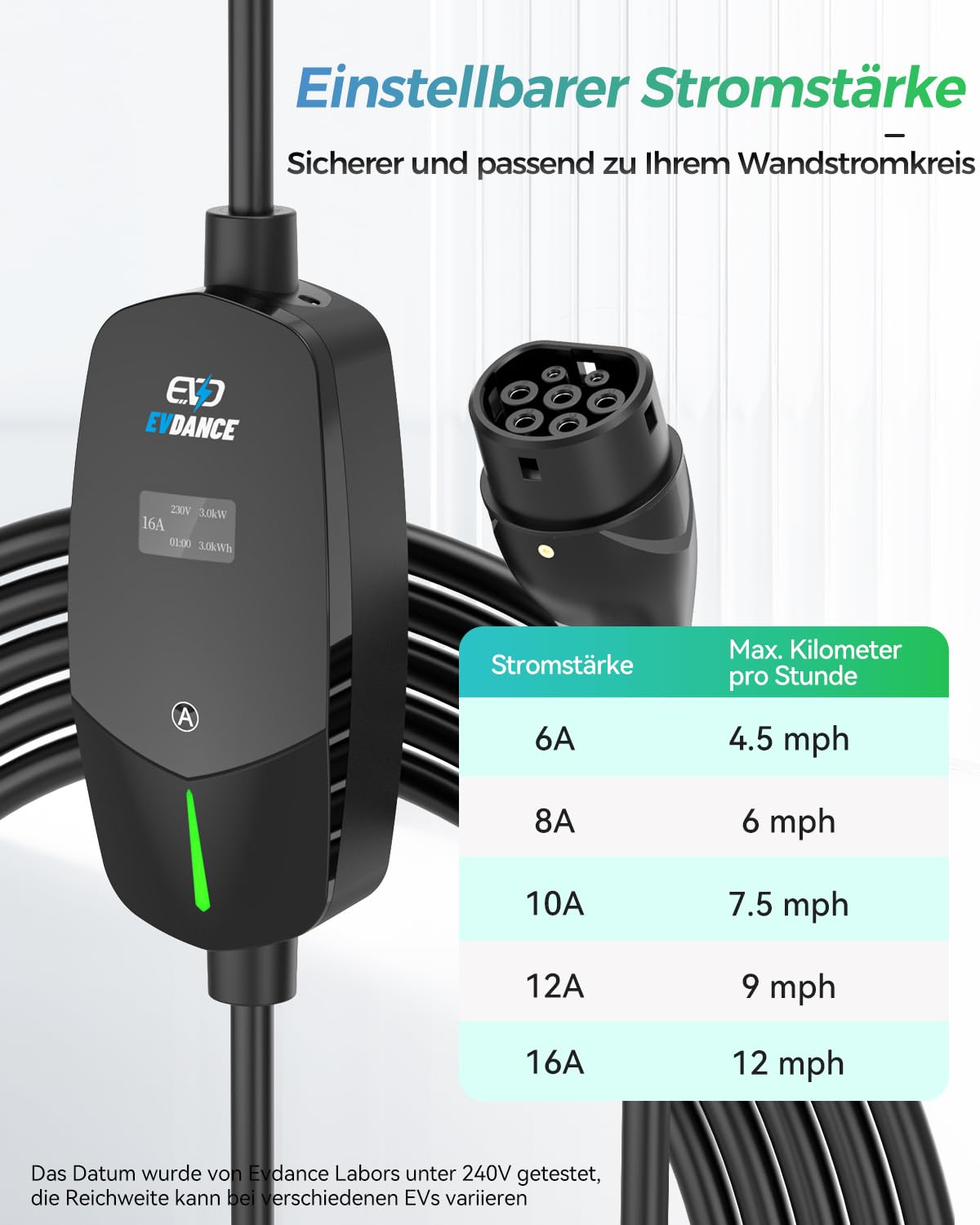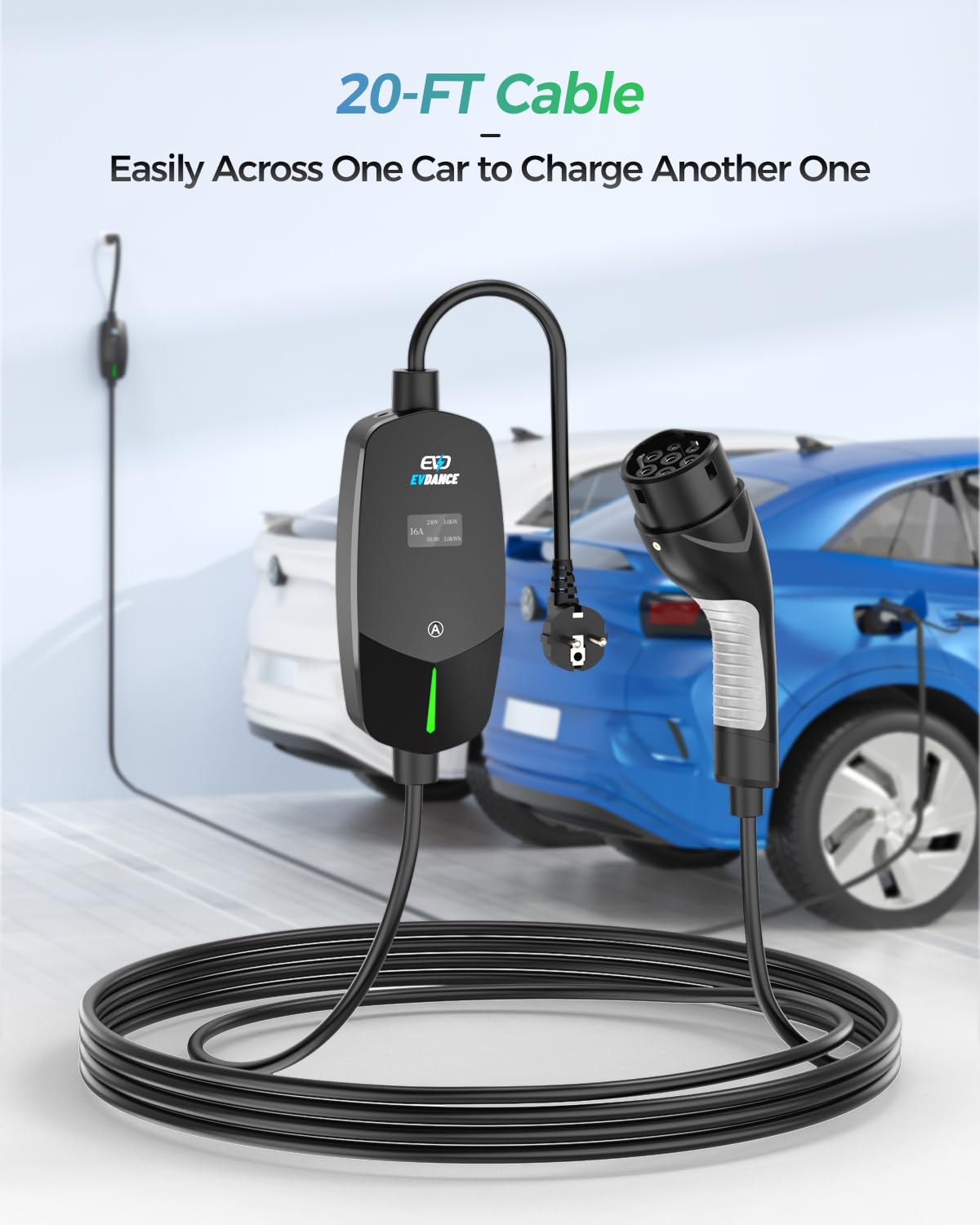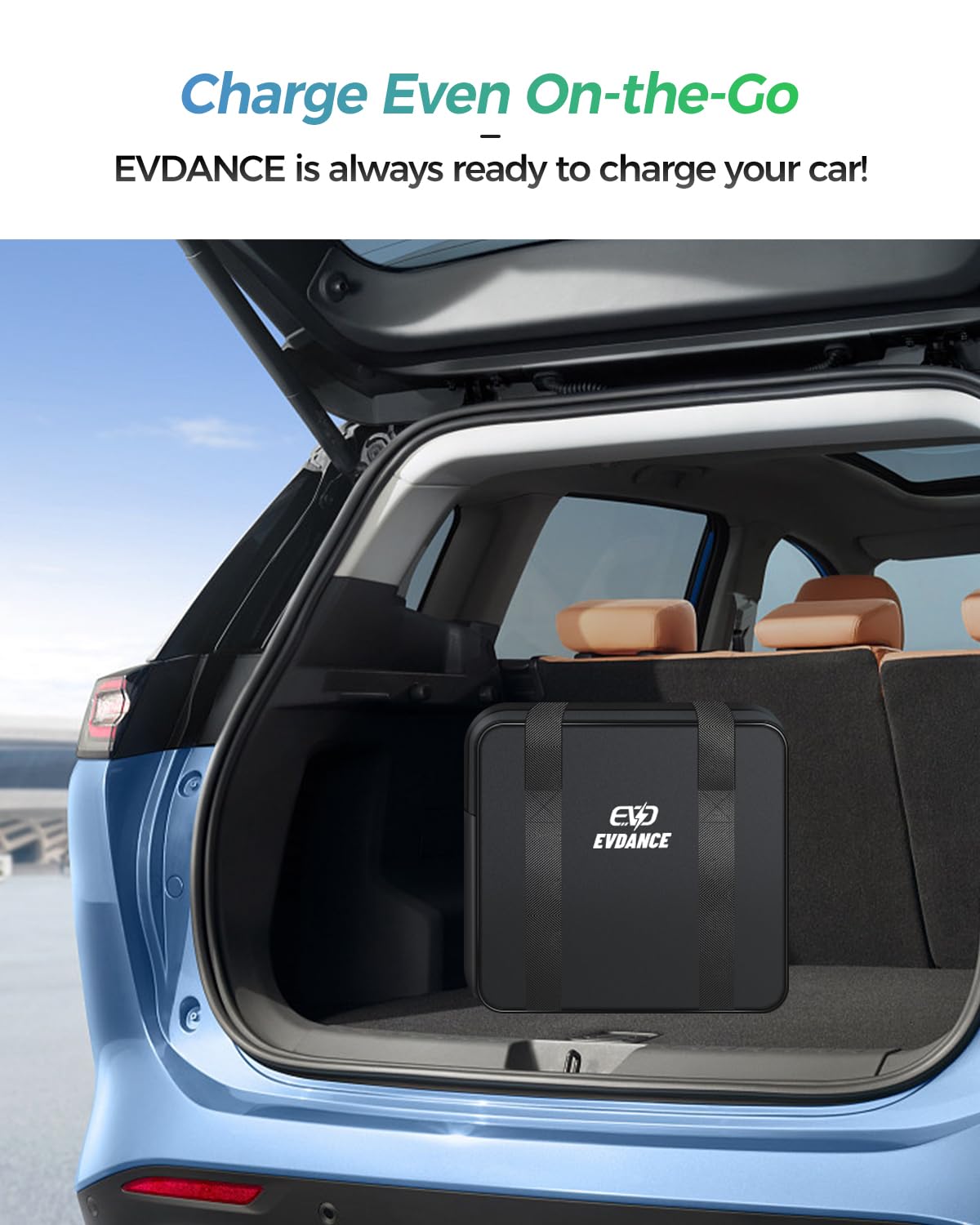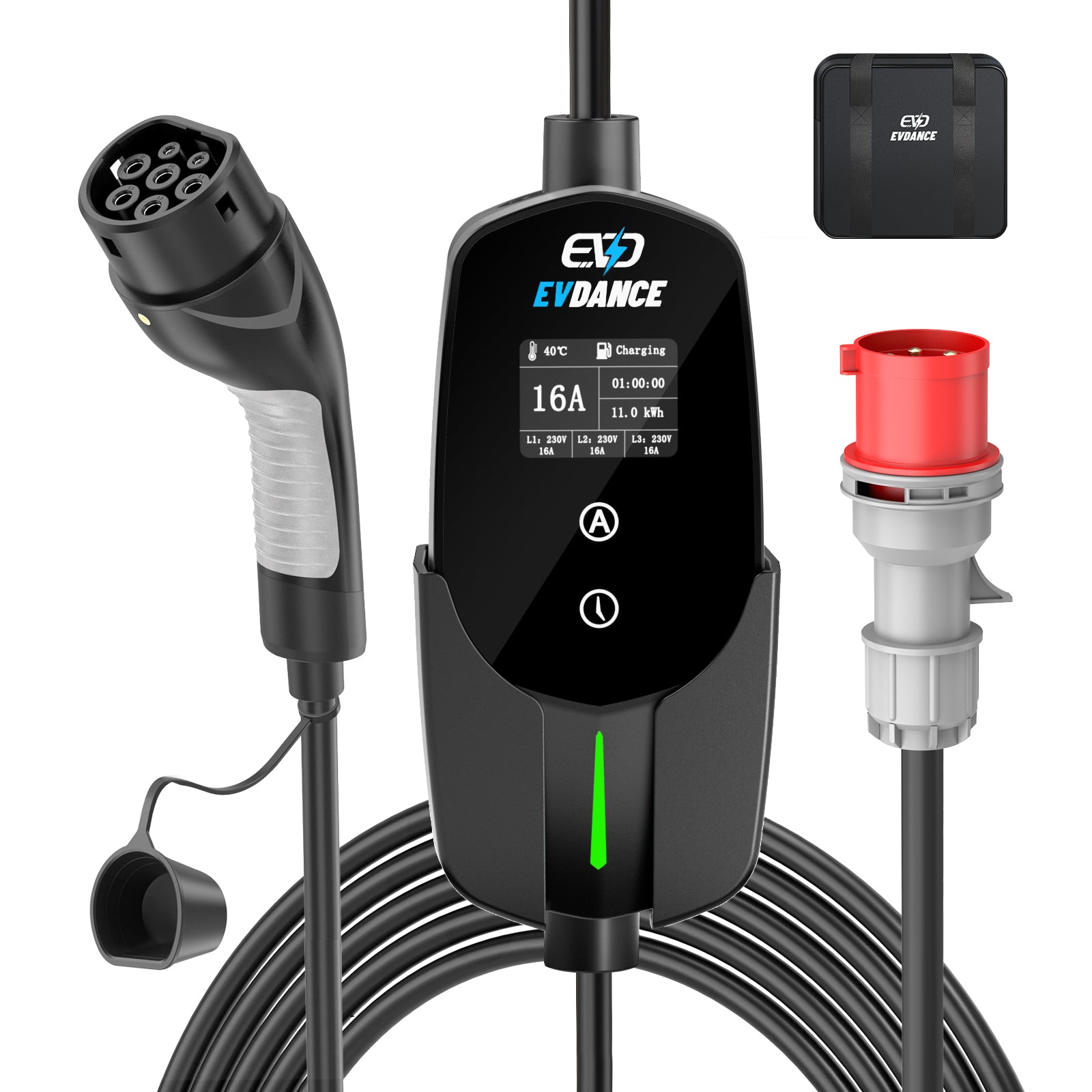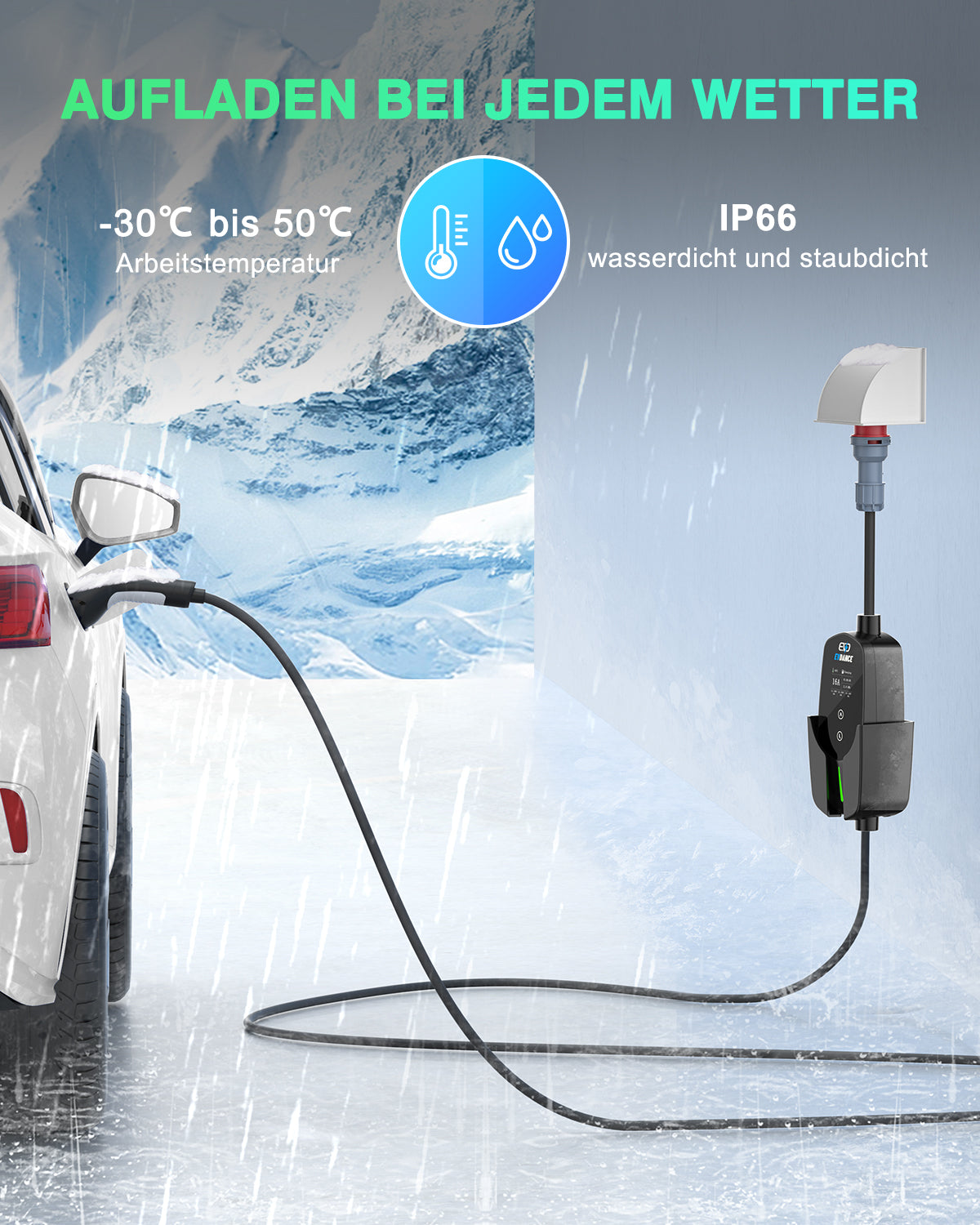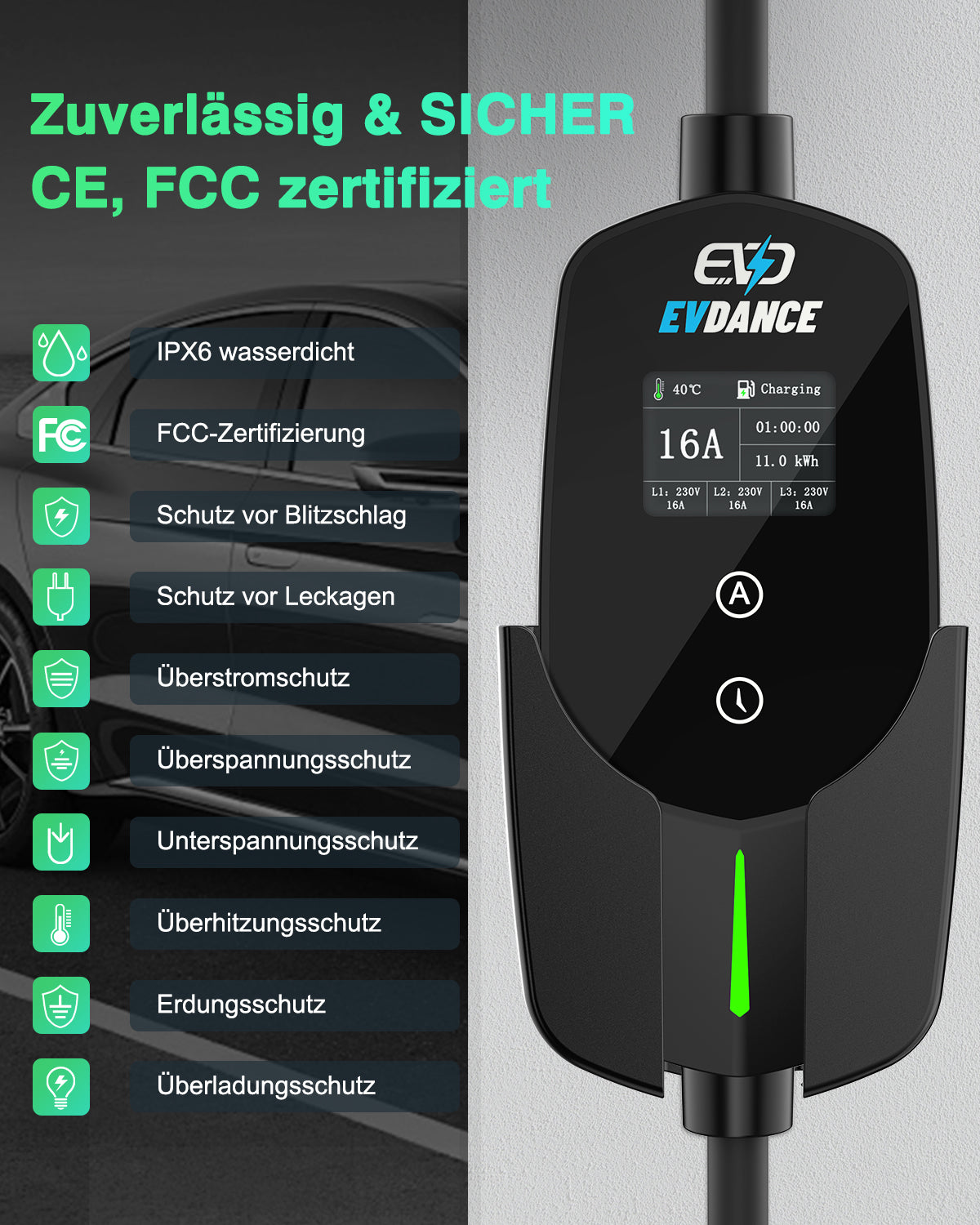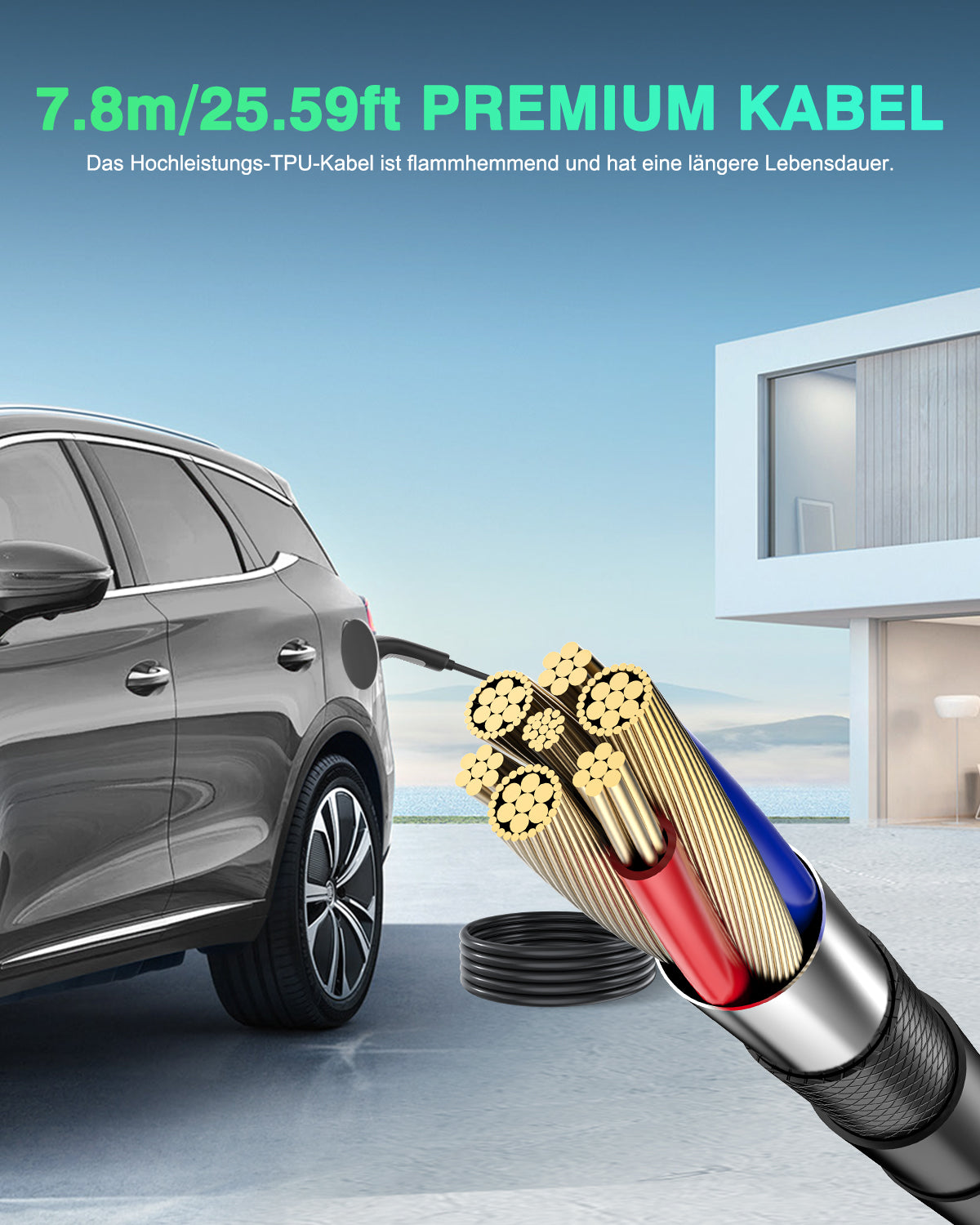FAQs
Kann ich mein Elektrofahrzeug zu Hause mit einem J1772-Ladegerät aufladen?
Ja, Sie können zu Hause eine Ladestation der Stufe 2 J1772 installieren, um das Laden von Elektrofahrzeugen zu beschleunigen. Ein Elektriker kann die Ladestation einrichten und so eine effizientere Lademöglichkeit als eine normale Haushaltssteckdose bieten.
Gibt es verschiedene Arten von J1772-Anschlüssen oder -Steckern?
Während der J1772-Standard das Gesamtdesign und die Kommunikationsprotokolle festlegt, kann es zu Abweichungen im Steckerdesign kommen. Die grundsätzliche Kompatibilität bleibt jedoch bei Elektrofahrzeugen und Ladestationen, die dem J1772-Standard entsprechen, gleich.
Kann ich zum Laden meines Elektrofahrzeugs mit einem J1772-Anschluss an einer anderen Ladestation einen Adapter verwenden?
Möglicherweise sind Adapter erhältlich, mit denen Sie Ihr Elektrofahrzeug an verschiedene Arten von Ladestationen anschließen können. Kompatibilität und Ladegeschwindigkeit können jedoch variieren. Es ist wichtig sicherzustellen, dass der Adapter für Ihr Elektrofahrzeugmodell und die verwendete Ladestation geeignet ist.
Sind J1772-Ladegeräte mit Schnelllade- oder DC-Schnellladestandards kompatibel?
Da Elektrofahrzeuge (EVs) immer beliebter werden, wird die Entwicklung der Ladeinfrastruktur von entscheidender Bedeutung. In diesem Artikel werden fünf Haupttypen von EV-Ladegeräten vorgestellt: Ladegeräte der Stufe 1 , Ladegeräte der Stufe 2 , tragbare Ladegeräte, Heimladegeräte und DC-Schnellladestationen. Lassen Sie uns die Merkmale und Funktionen der einzelnen Ladegerättypen näher betrachten.
J1772 Charger: A Standardized and Dependable EV Charging Interface
As electric vehicles (EVs) continue to reshape modern transportation, the demand for safe, accessible, and standardized home charging infrastructure has become increasingly important. One of the key components fulfilling this role is the J1772 charger—a widely adopted plug type developed by the Society of Automotive Engineers (SAE) for Level 1 and Level 2 AC charging. This connector has become the North American standard for non-Tesla EVs, providing drivers with reliable access to charging across homes, workplaces, and public stations. Whether you park in a residential garage, a multi-unit complex, or a commercial facility, the J1772 ensures dependable compatibility across nearly all EV models.
Unlike proprietary charging systems, the J1772 interface is built for universal access and long-term reliability. It features a secure five-pin configuration designed to handle substantial power loads while maintaining safe operation. With rugged construction, weather resistance, and integration into thousands of EVSE units nationwide, the J1772 charger offers a flexible, future-ready solution for EV owners seeking consistent performance without compromise.
J1772 Enables Flexible Charging in Varied Settings
For many EV owners—particularly those living in apartments, townhomes, or shared residential areas—installing a charging station near the ideal parking space isn’t always feasible. The J1772 charger’s wide compatibility allows these users to access a range of available charging stations without needing brand-specific equipment. Whether parked on the street, in a public garage, or in a shared lot, EV drivers can rely on J1772-equipped stations for dependable power delivery.
Cost-Effective Integration into Existing Power Setups
One of the key advantages of the J1772 standard is its adaptability to both Level 1 (120V) and Level 2 (240V) charging infrastructure. This flexibility reduces the need for costly custom installations, especially in older buildings or rental properties. By supporting both low- and mid-range charging speeds, the J1772 connector can be integrated into existing power setups with minimal electrical upgrades, making it a budget-conscious solution for homeowners and businesses alike.
Portability and Interoperability Across Locations
Unlike proprietary connectors, the J1772 plug is designed for maximum interoperability. It’s accepted at thousands of public charging stations across North America, which means EV drivers can use their vehicles with confidence while traveling, commuting, or relocating. The connector’s standardization also supports portable charging units that plug into standard 120V or 240V outlets, making it easy to stay powered up wherever reliable AC electricity is available.




